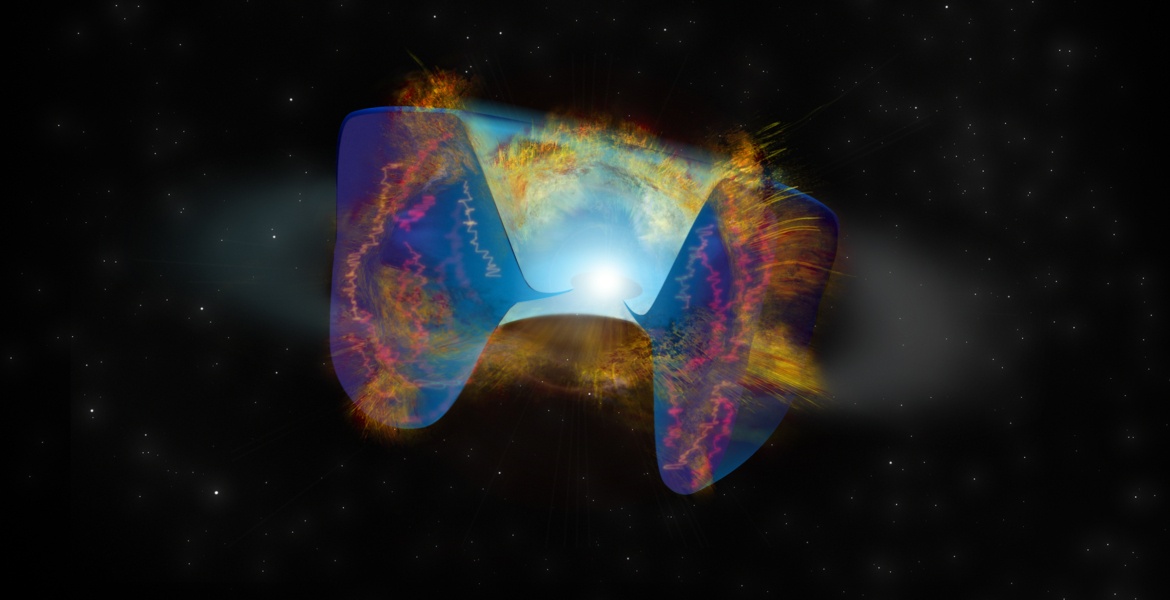
Continue reading
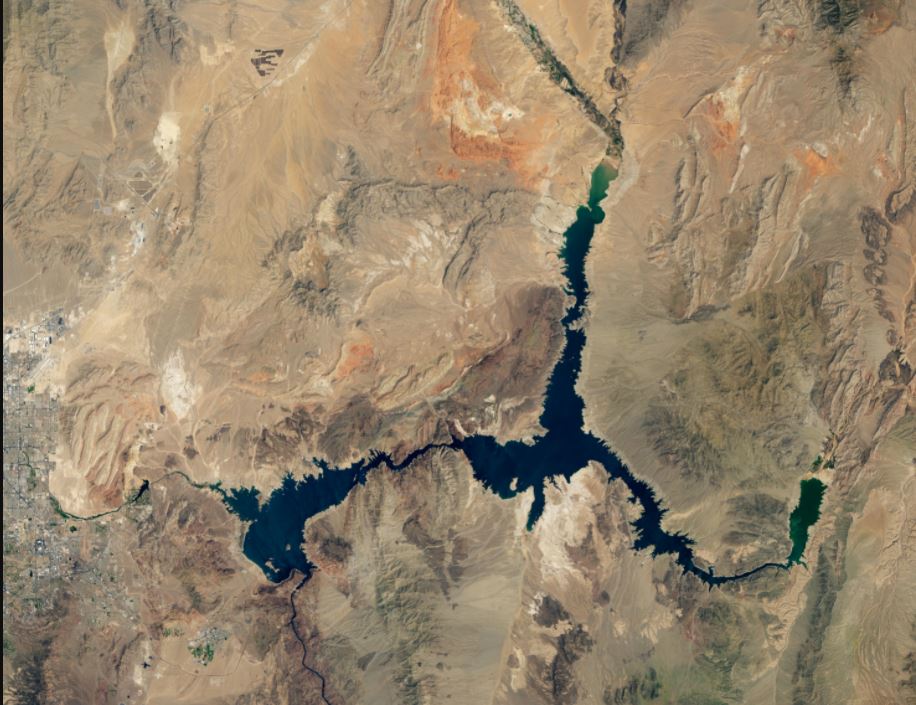
Continue reading
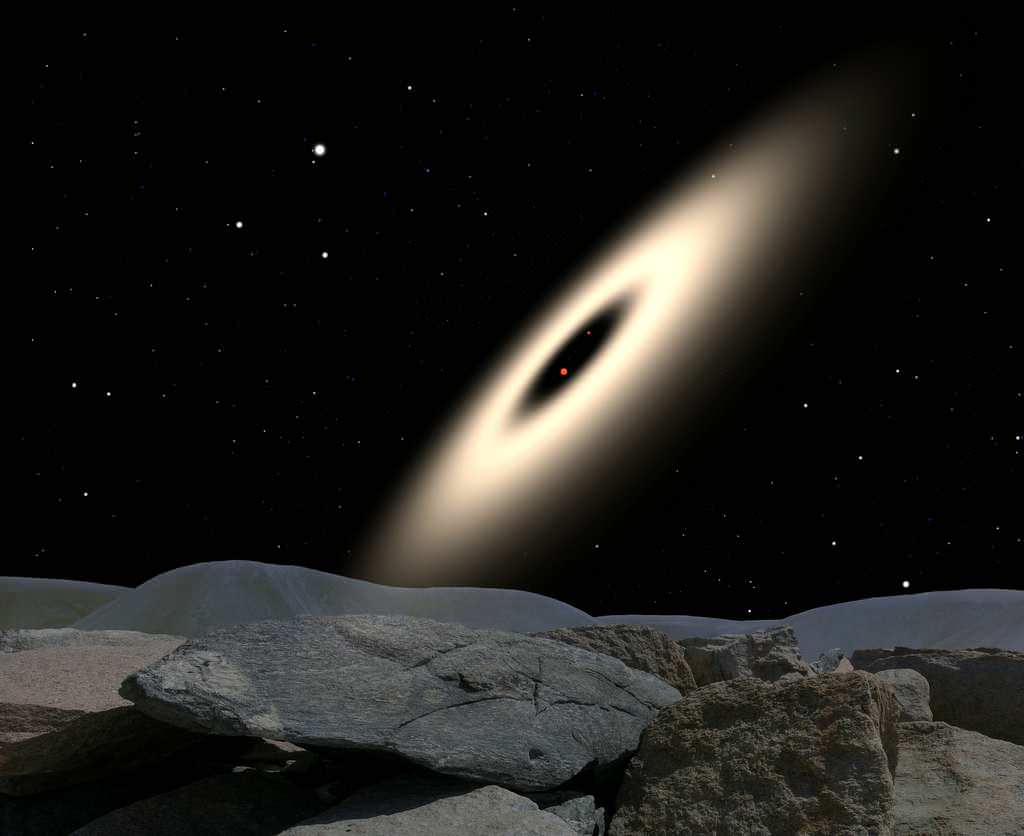
Continue reading
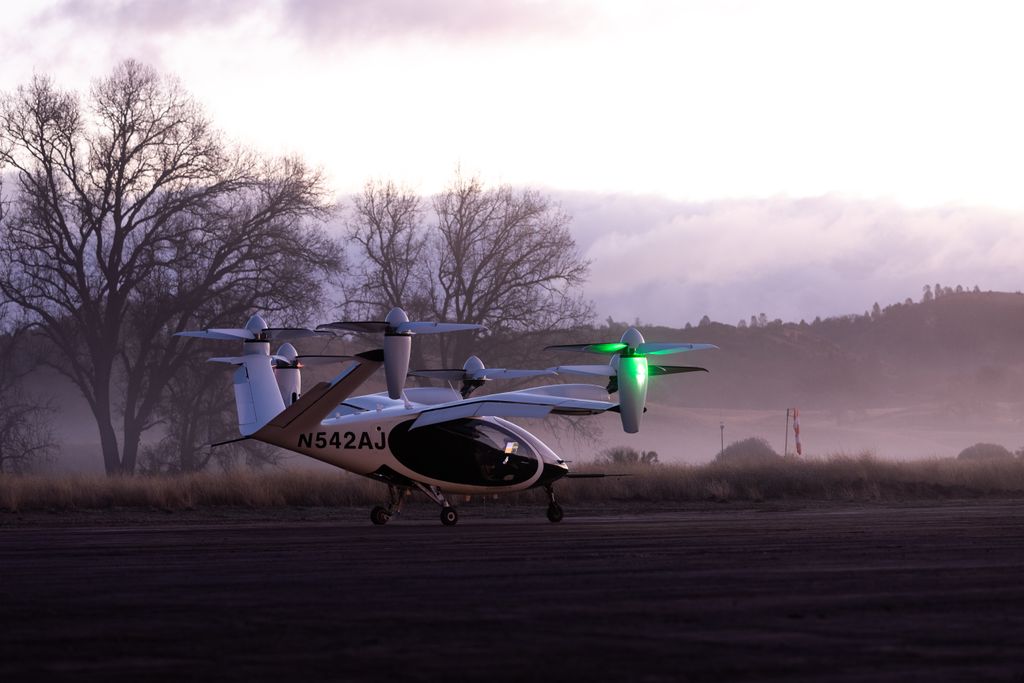
Continue reading
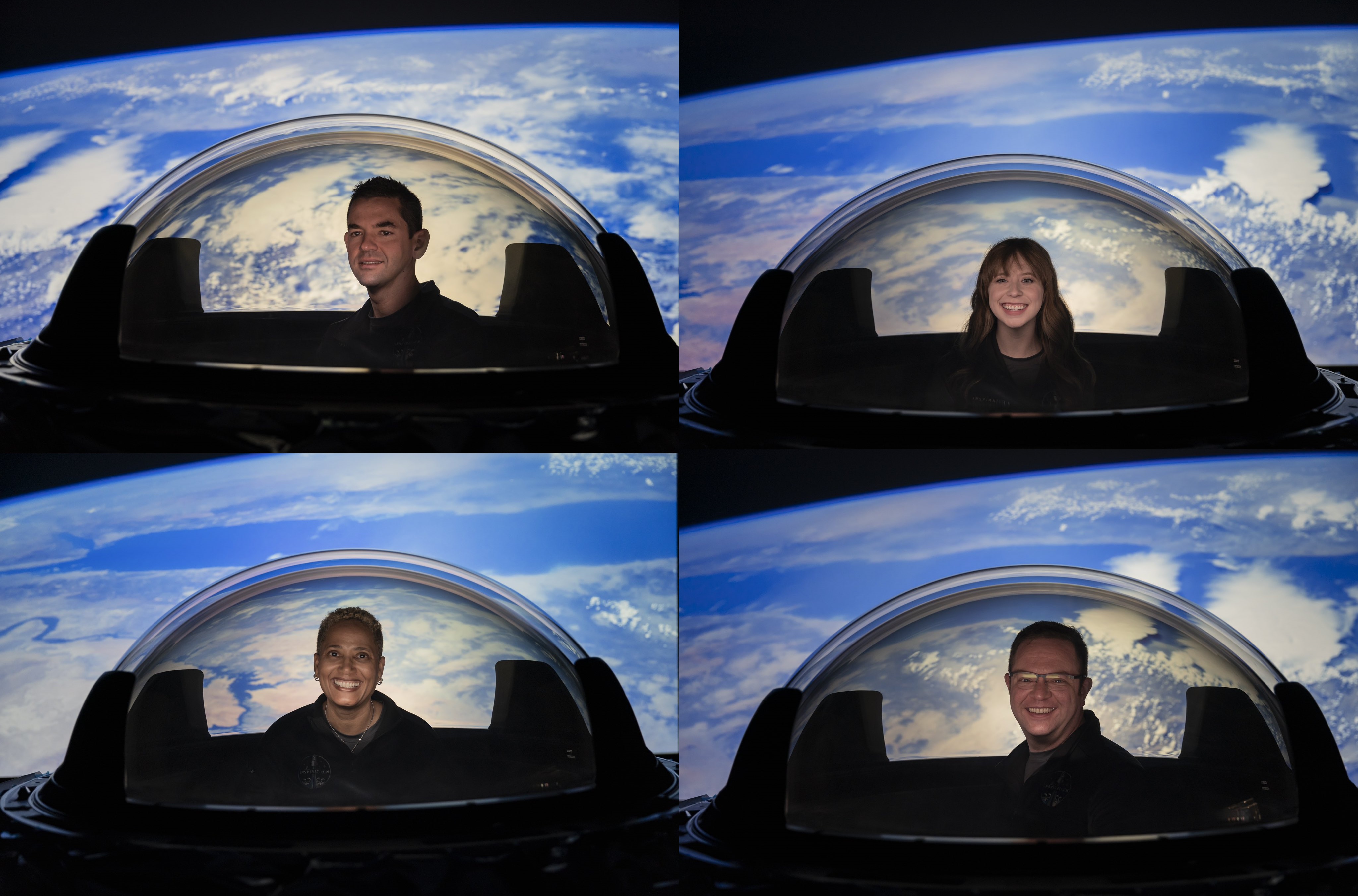
The crew of the upcoming Inspiration4 mission (the first all-civilian spaceflight) took a moment to get their pictures taken inside the glass dome that will let them to see Earth from orbit.
Continue reading

A new study has identified another class of exoplanet that could drastically increase the odds of finding life beyond the Solar System.
Continue reading

Above a certain mass, large stars don't become supernovae. That limit might be lower than we thought.
Continue reading
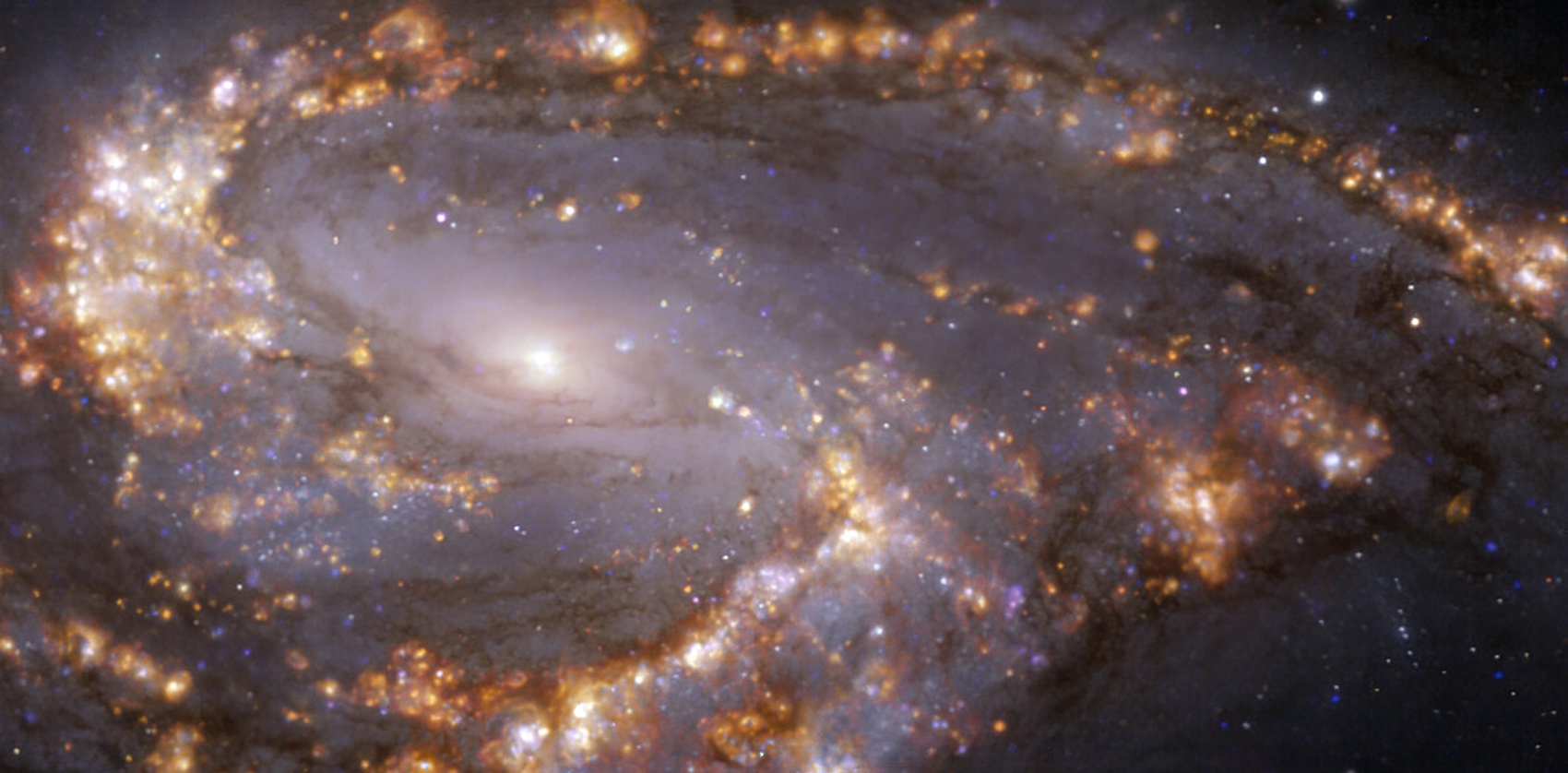
Continue reading
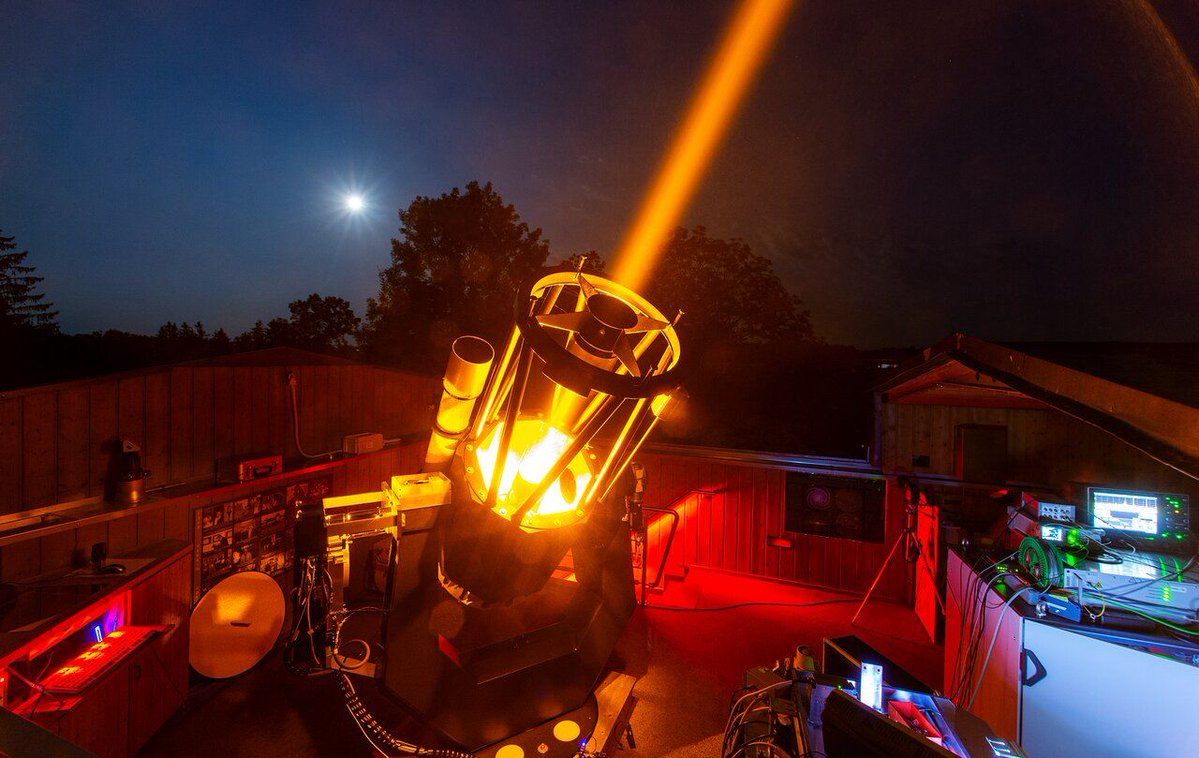
In some applications, bigger lasers mean better lasers. That is the case in astronomy, where lasers are used for everything from telescope calibration to satellite communication. The European Southern Observatory ([ESO](https://en.wikipedia.org/wiki/European_Southern_Observatory)) and some of its commercial partners have developed a laser 3 times more powerful than the existing industry standard. With that increased power level, the new system has the potential to dramatically improve the way telescopes deal with one of the most fundamental problems in ground-based astronomy - atmospheric turbulence.
Continue reading
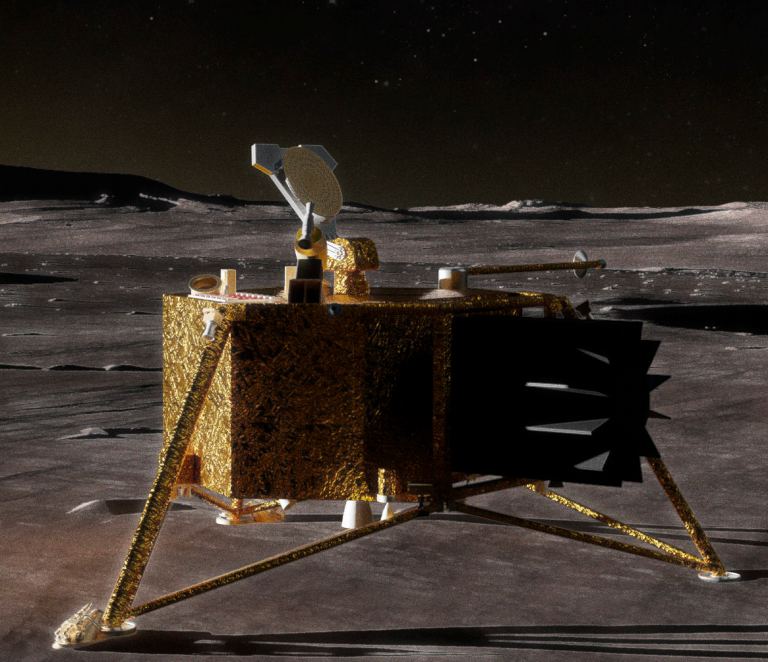
Continue reading
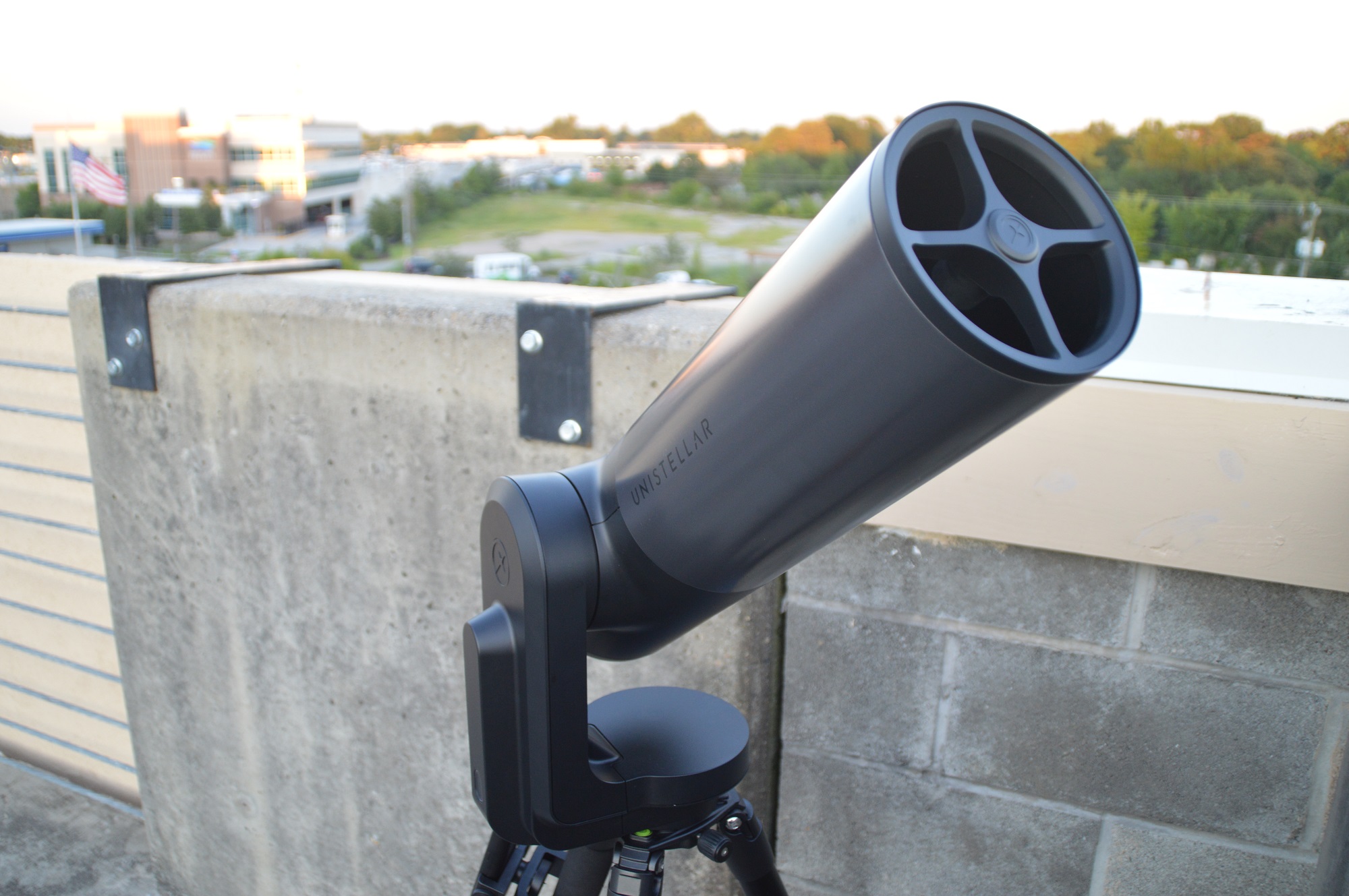
A leader in the 'smartscope' industry releases its exciting new eQuinox telescope.
Continue reading
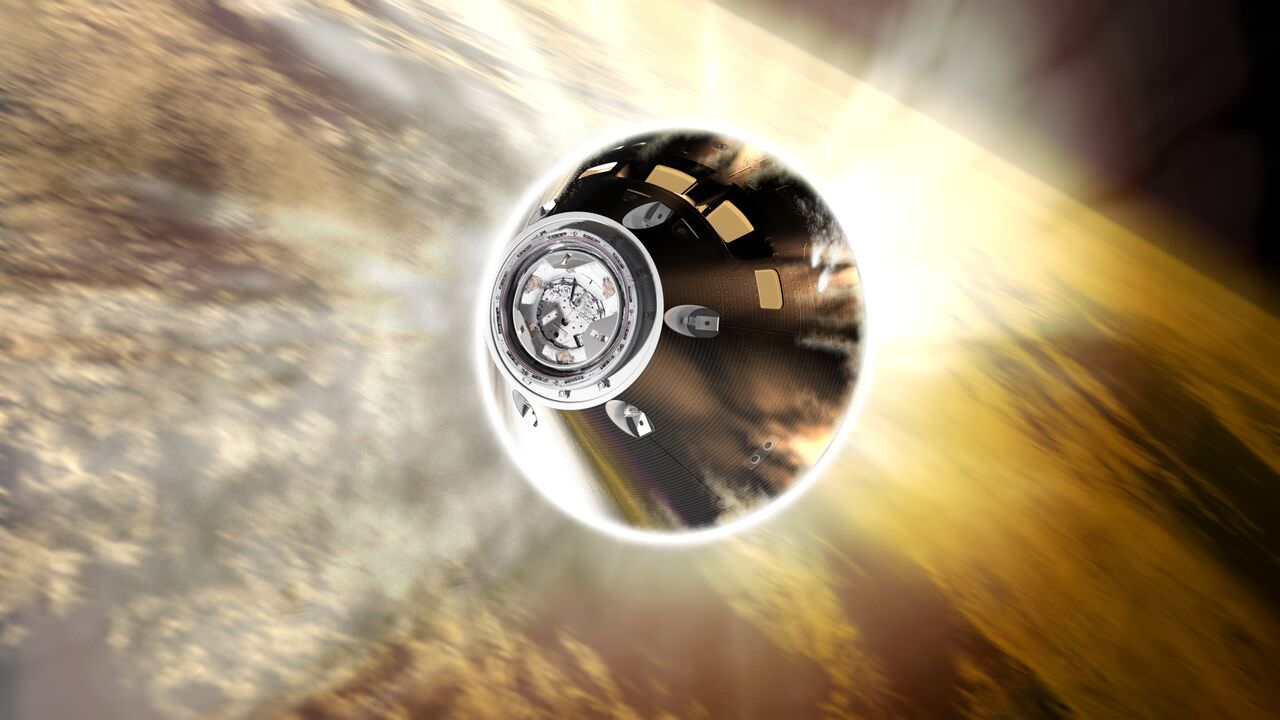
According to a new study by an international team of researchers, a mission to Mars would have to be less than four years to mitigate the threat posed by radiation.
Continue reading

Continue reading
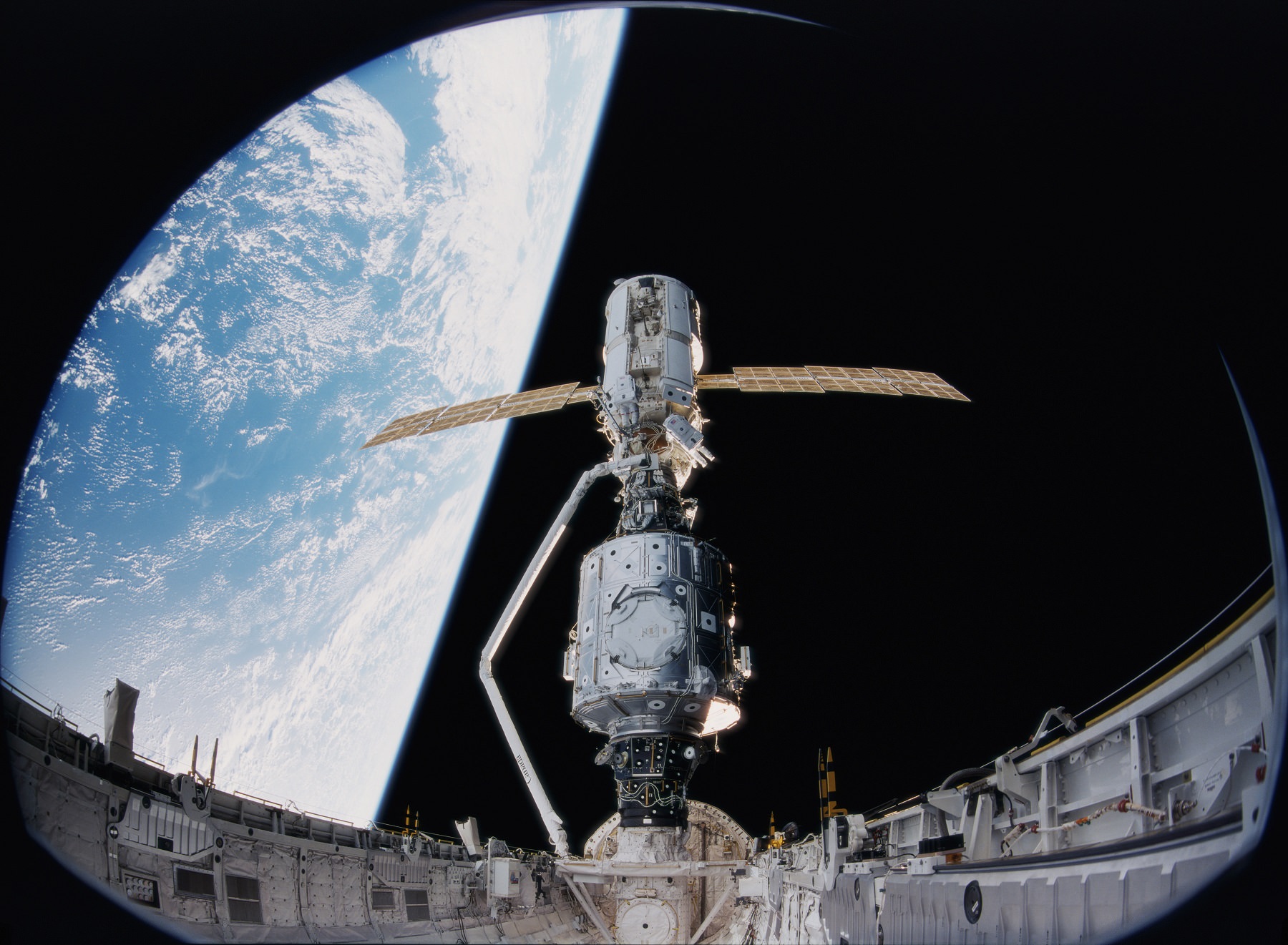
Cosmonauts aboard the ISS have reported new cracks in the Zarya module, the latest indication that the ISS is showing its age.
Continue reading
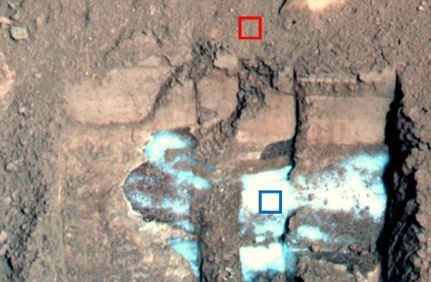
Continue reading
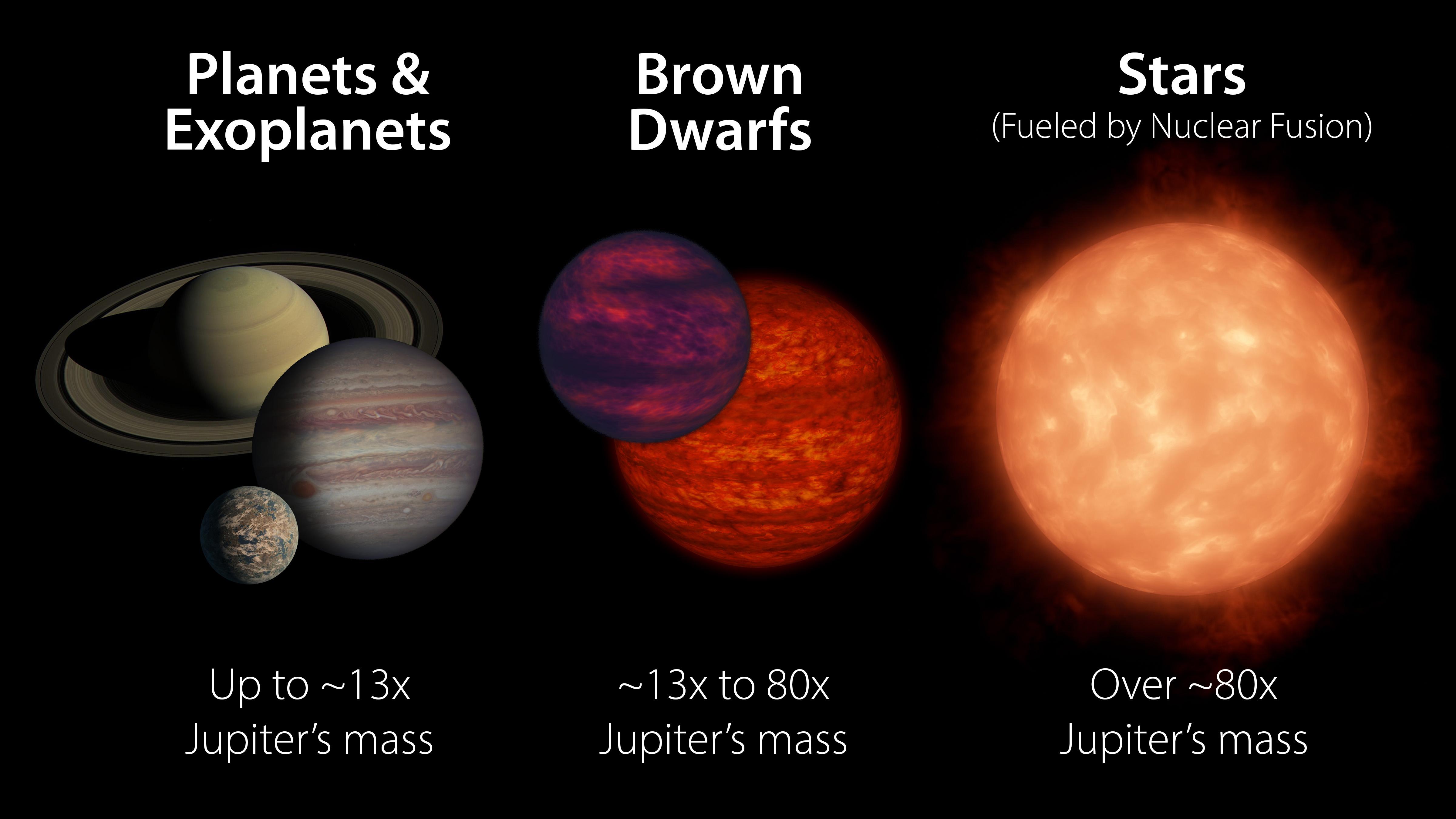
An accidental discovery suggests that brown dwarfs are more common than we thought, and may solve the mystery of the brown dwarf desert.
Continue reading
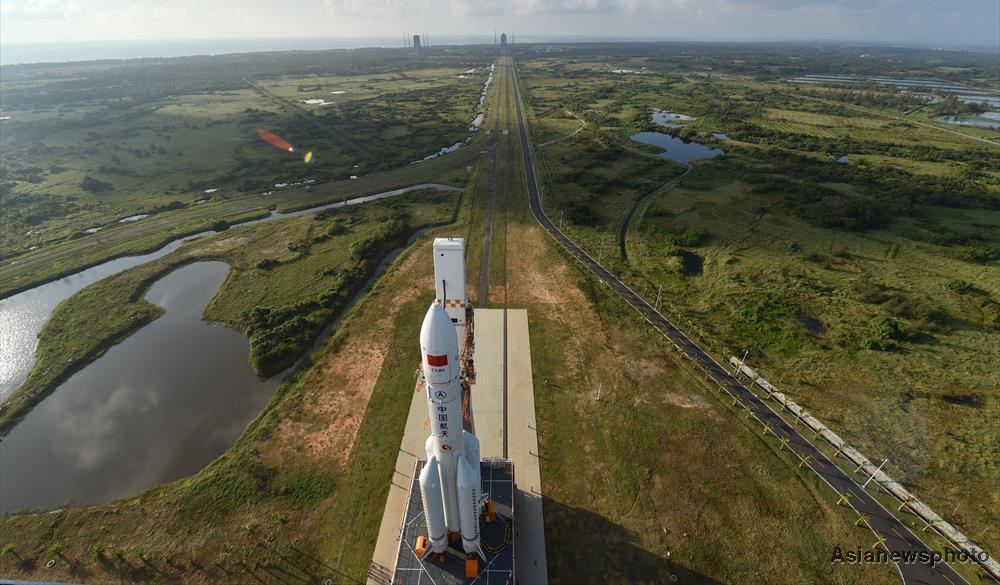
China is considering building spacecraft in orbit that would measure a few kilometers long and ensure they become the dominant power in space.
Continue reading
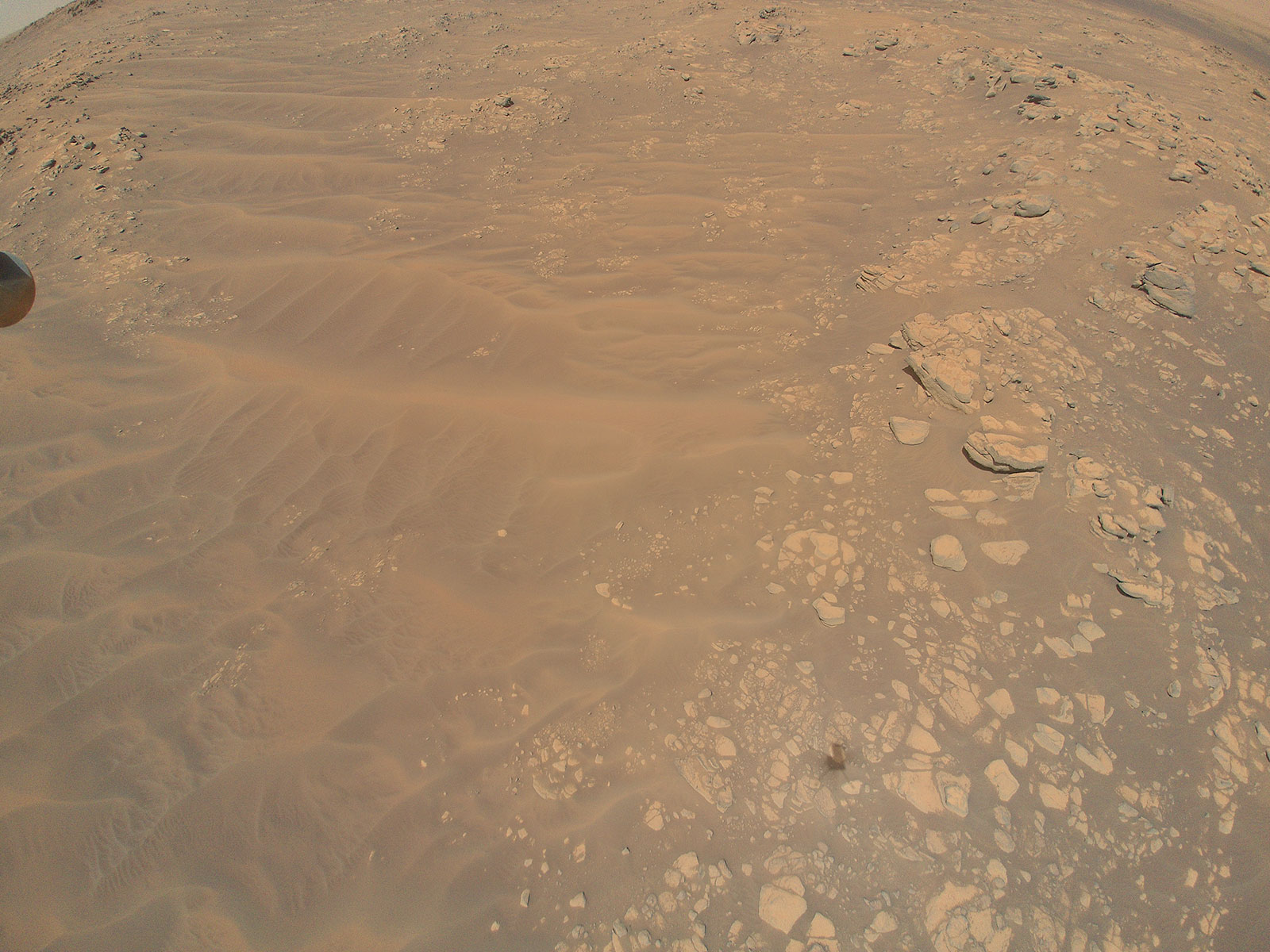
Continue reading
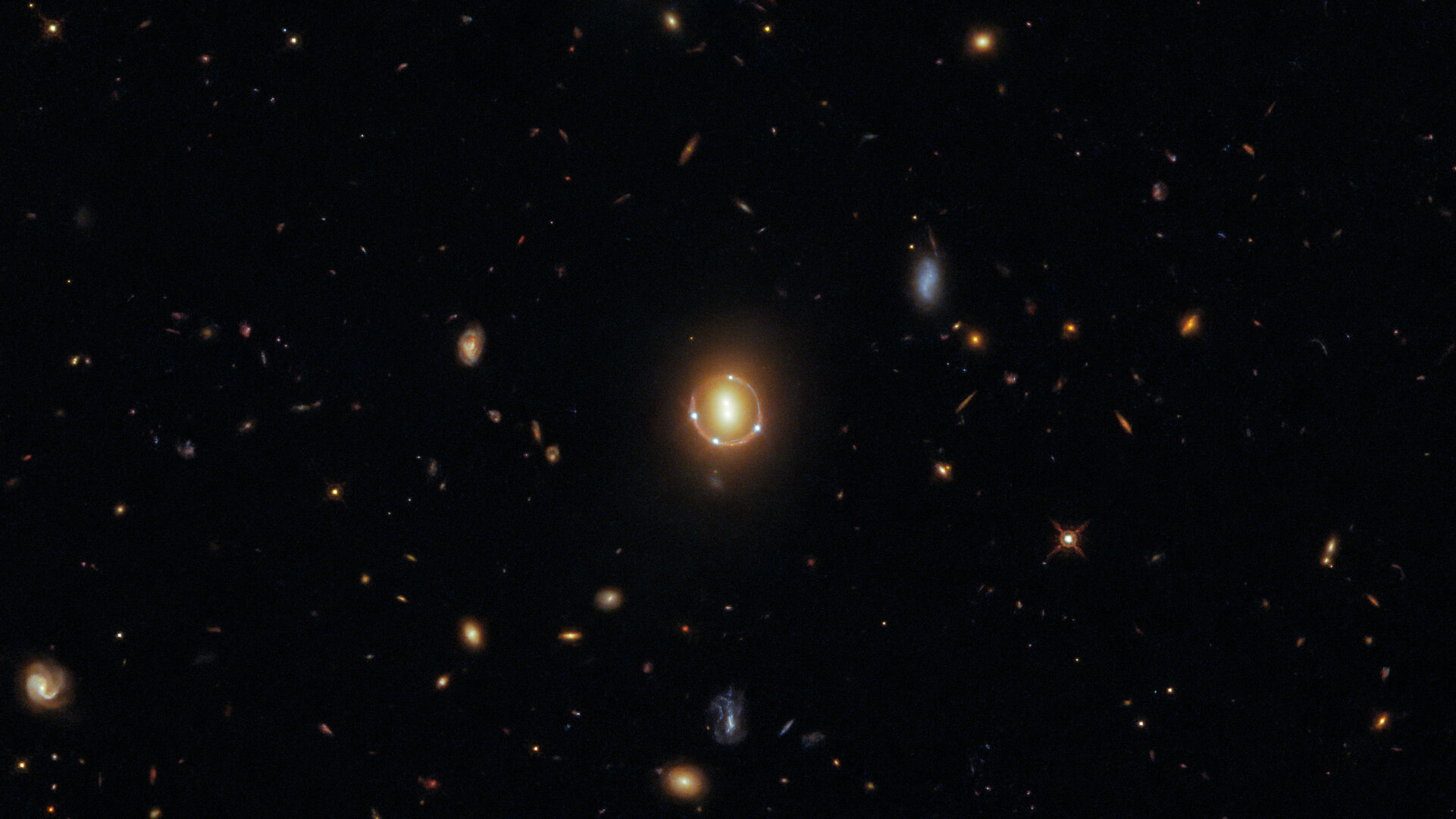
Continue reading
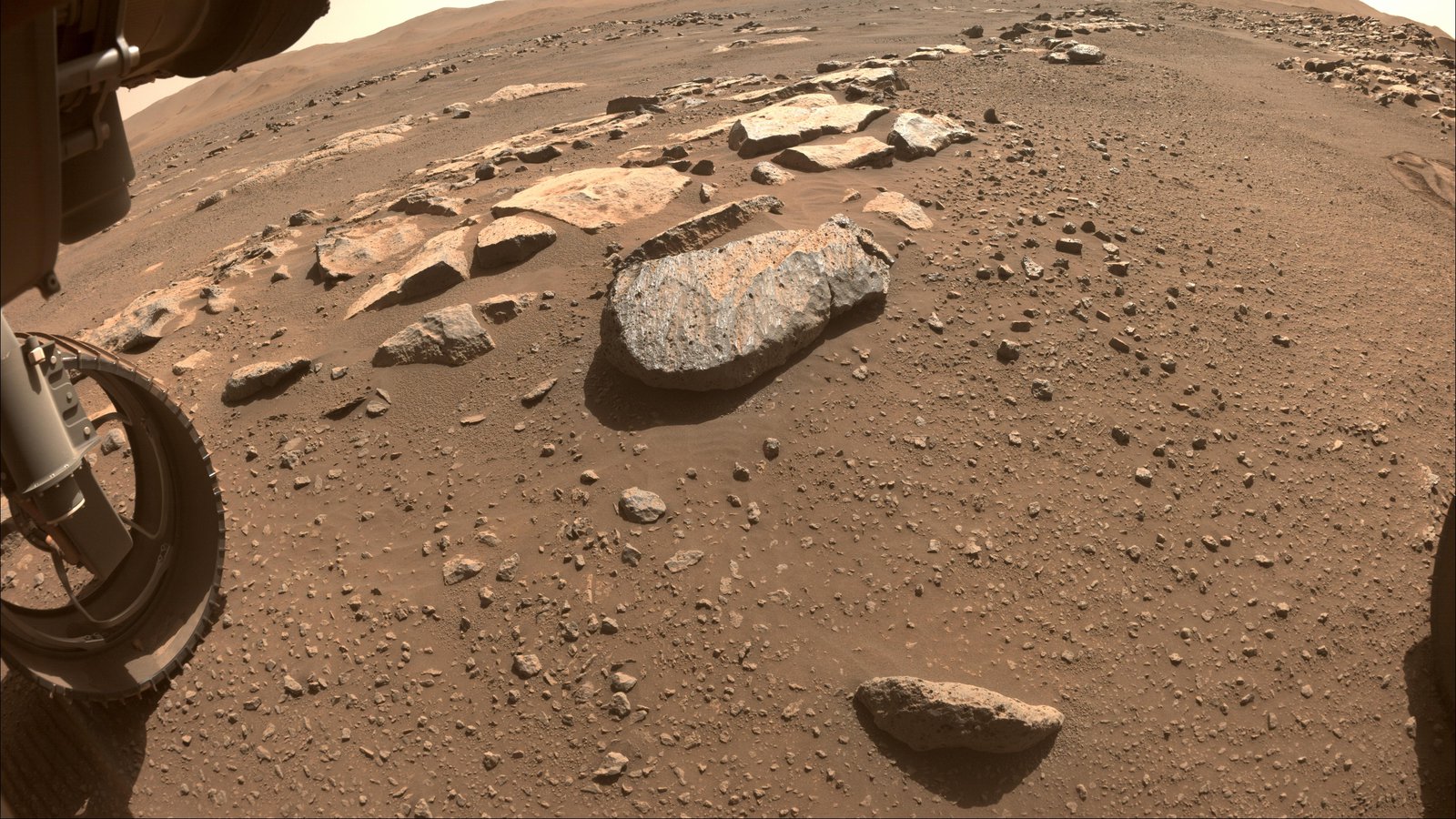
Continue reading
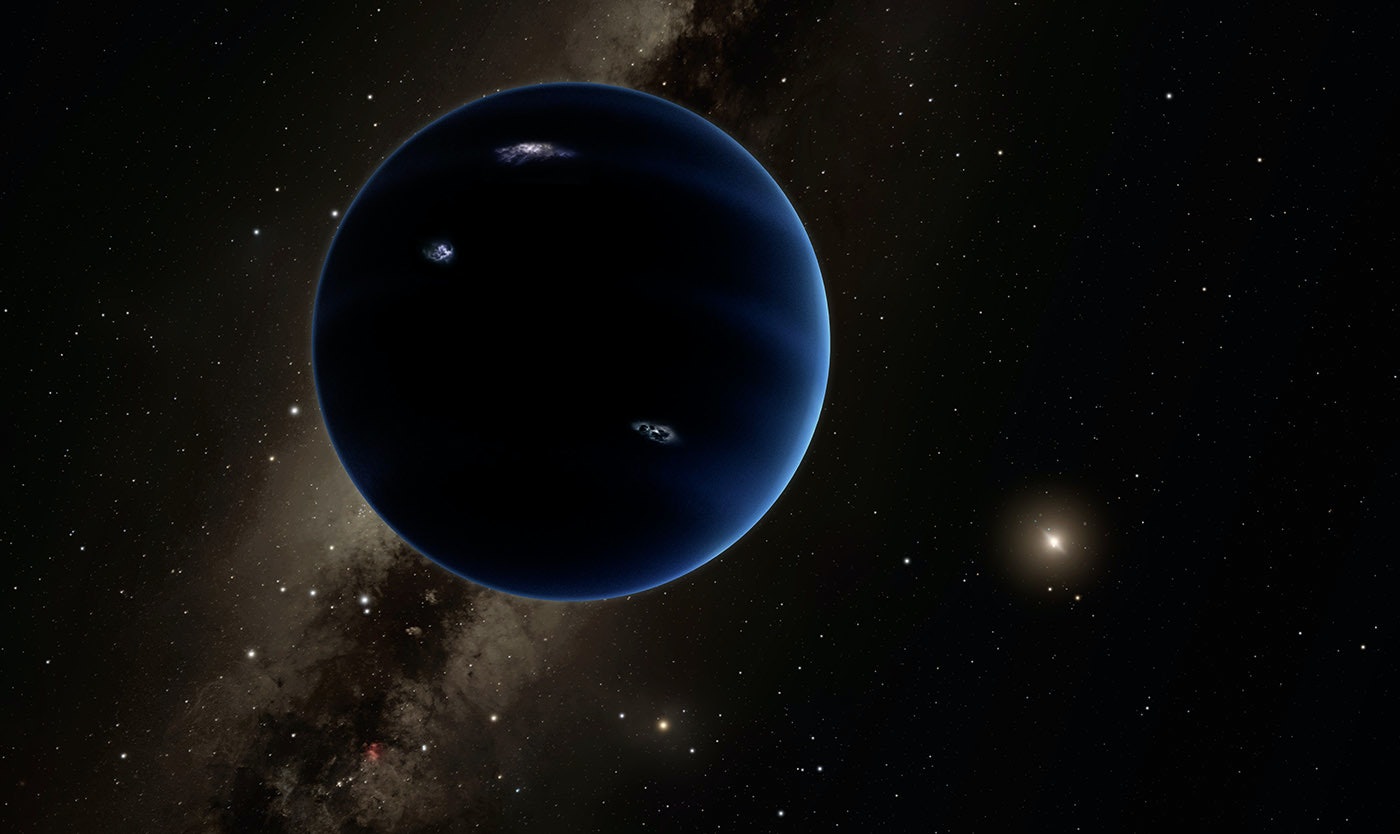
A study of Kuiper belt objects points strongly to the existence of a super-Earth on the outer edge of our solar system.
Continue reading
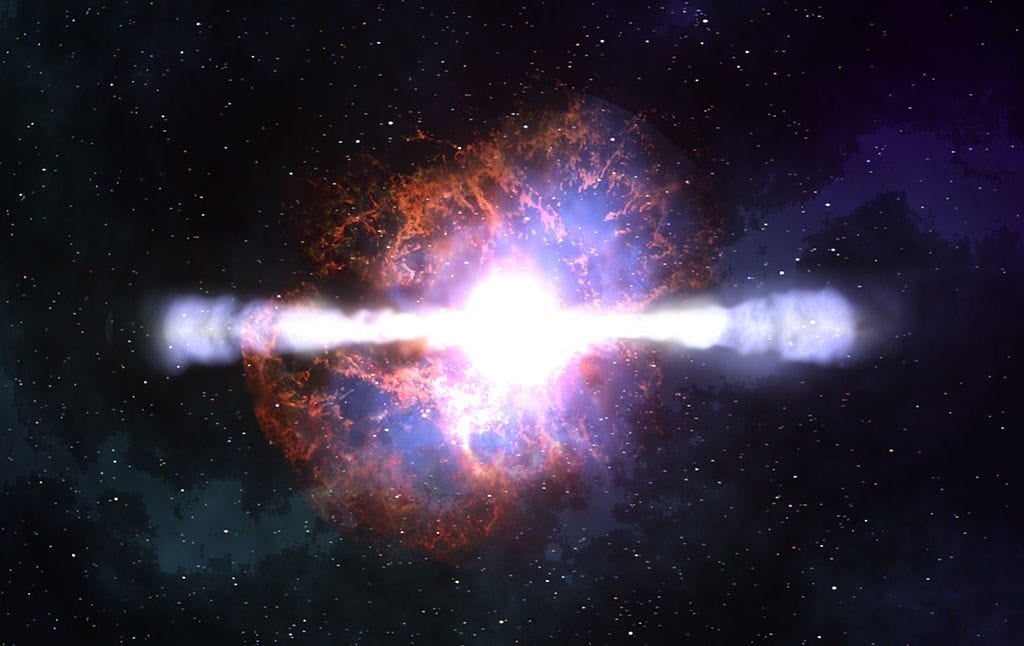
Using a novel approach, a team of researchers has confirmed that the elusive source of cosmic rays is indeed supernova remnants!
Continue reading
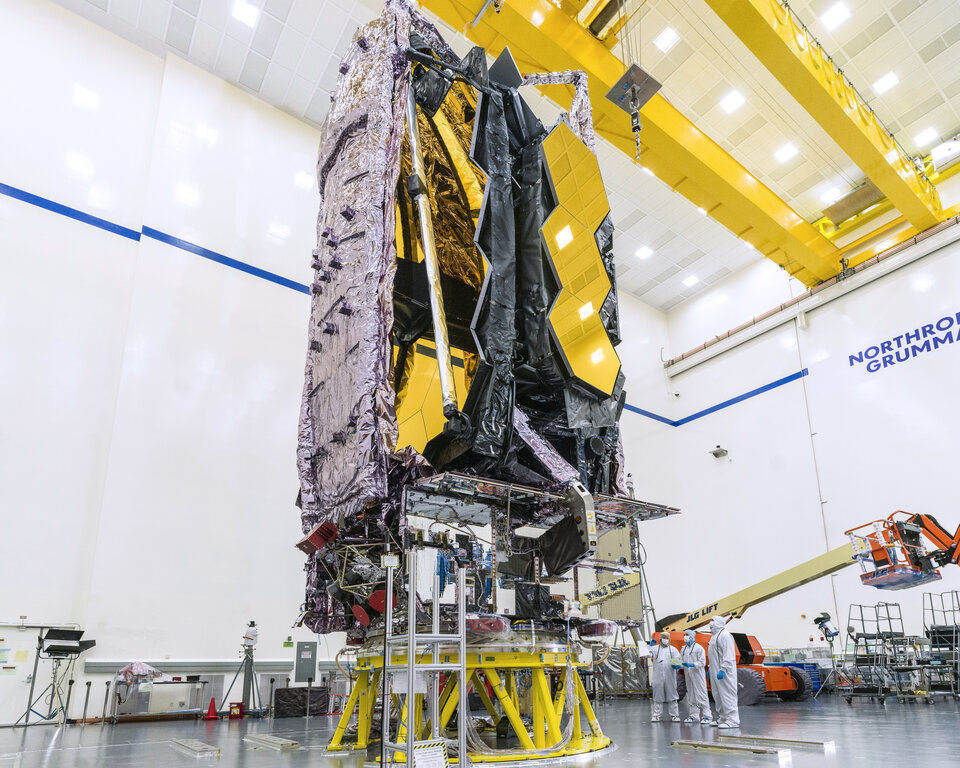
Continue reading
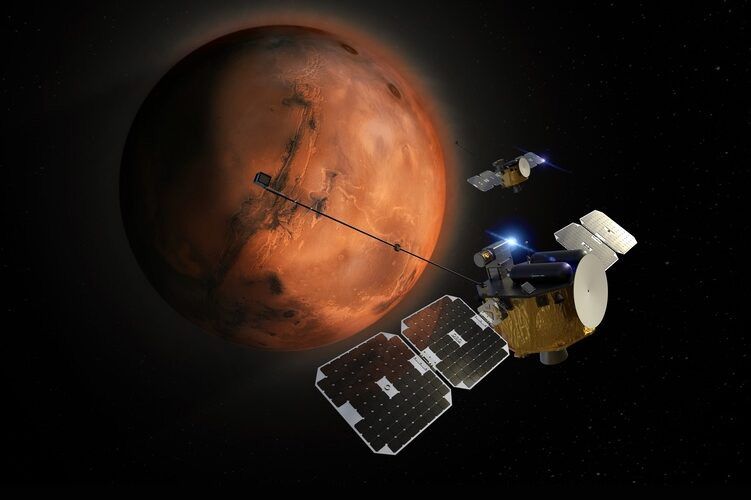
Continue reading

Blue Origin completed its 17th successful flight with their New Shepard launch vehicle today, which was also the spacecraft's 8th consecutive launch.
Continue reading
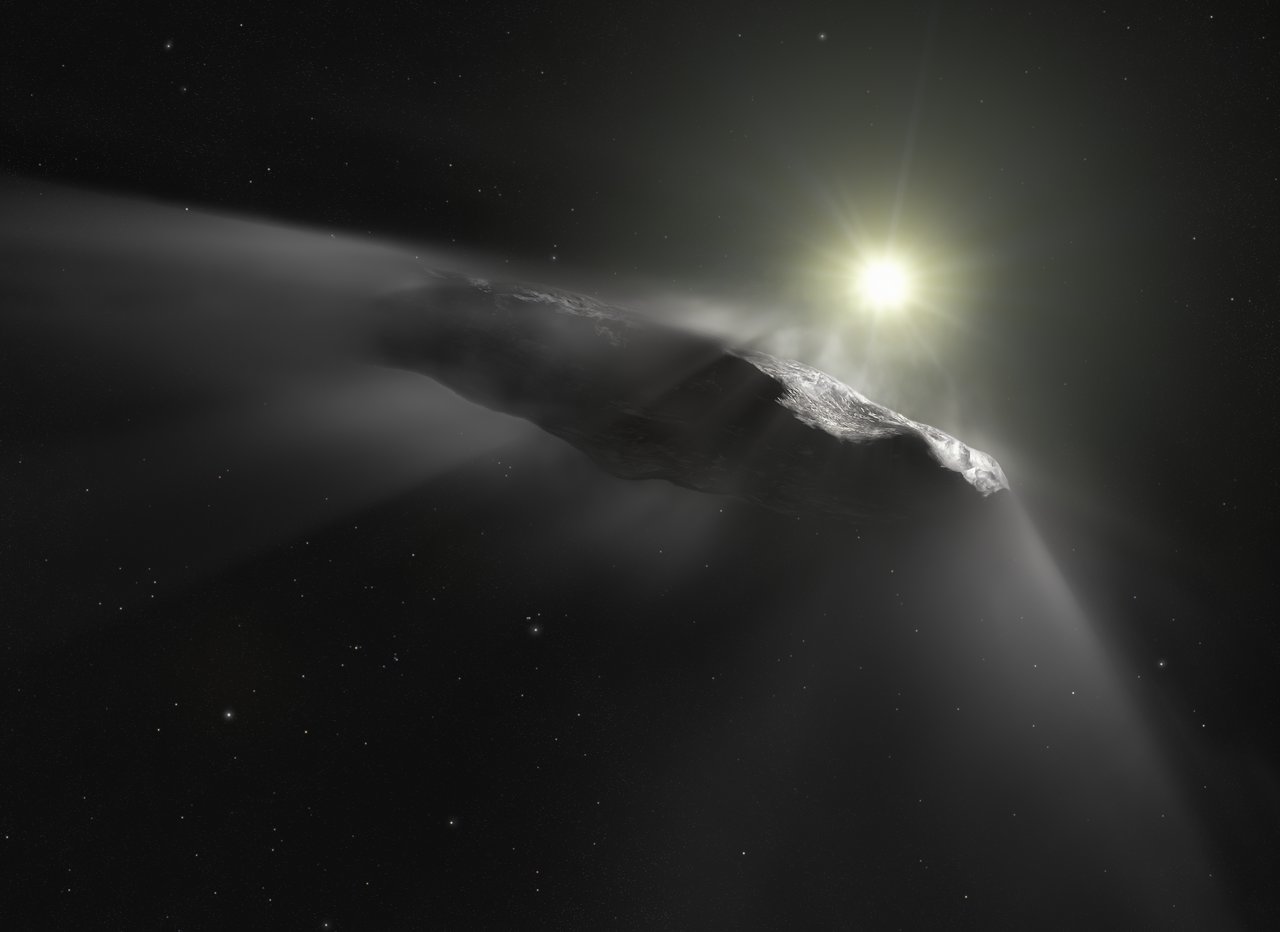
A study of the interstellar bodie 2I/Borisov aruges that the Oort cloud may consist more of alien objects than solar system objects.
Continue reading
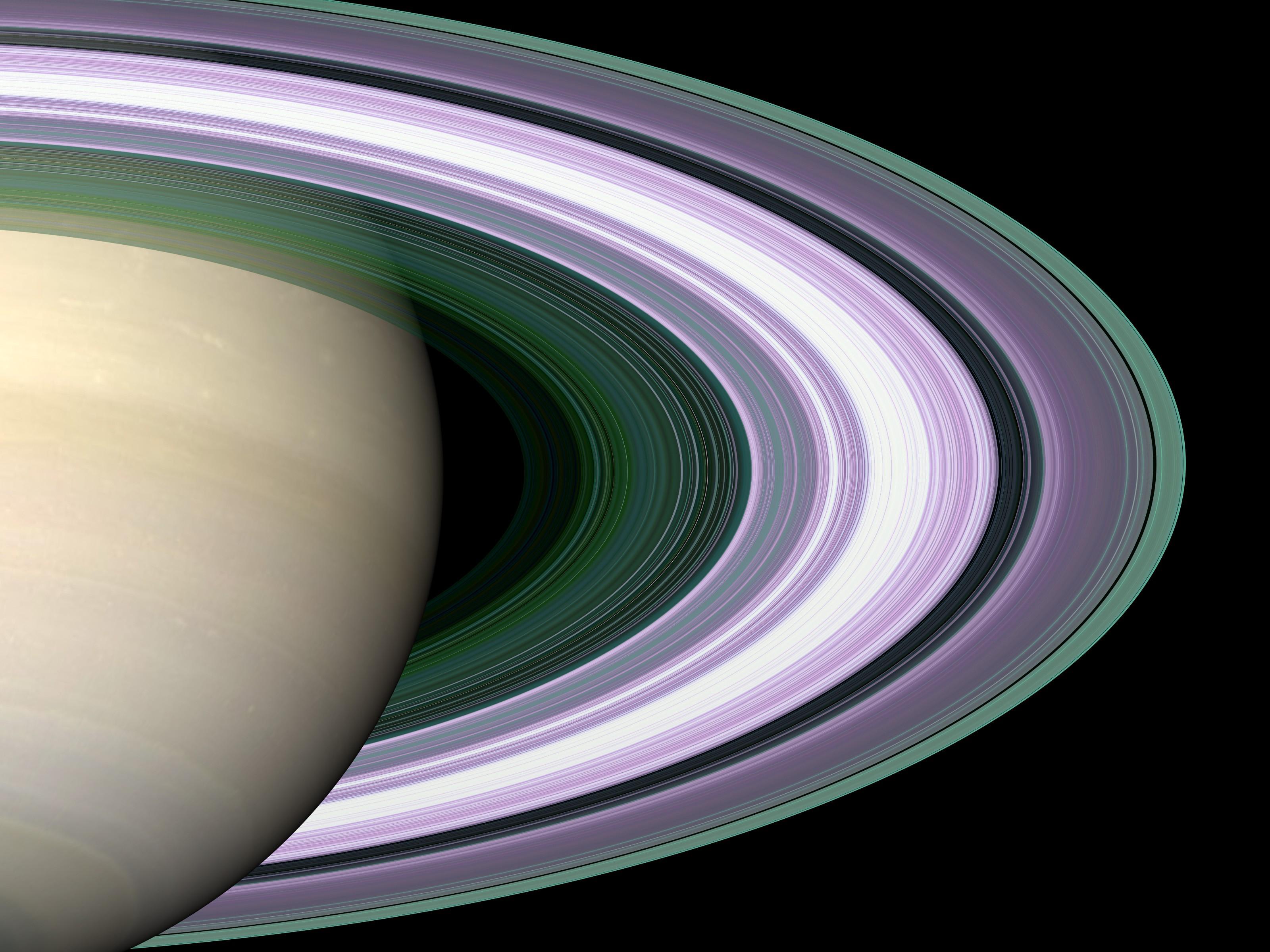
Seismic waves in Saturn's rings reveal the strange interior of the planet within.
Continue reading
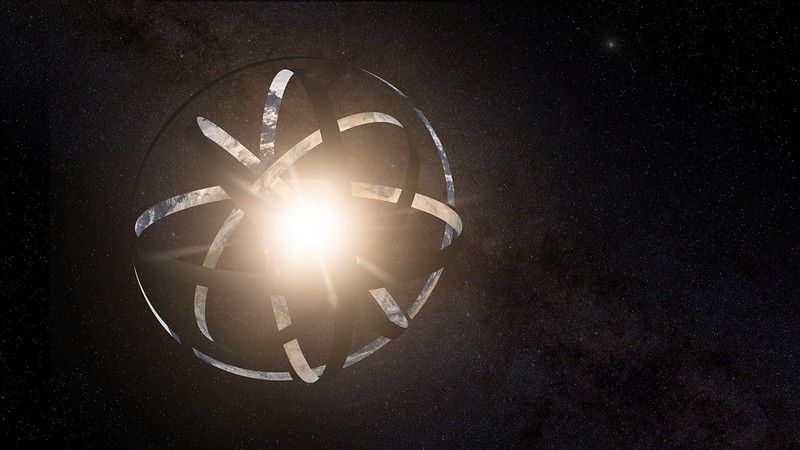
Continue reading
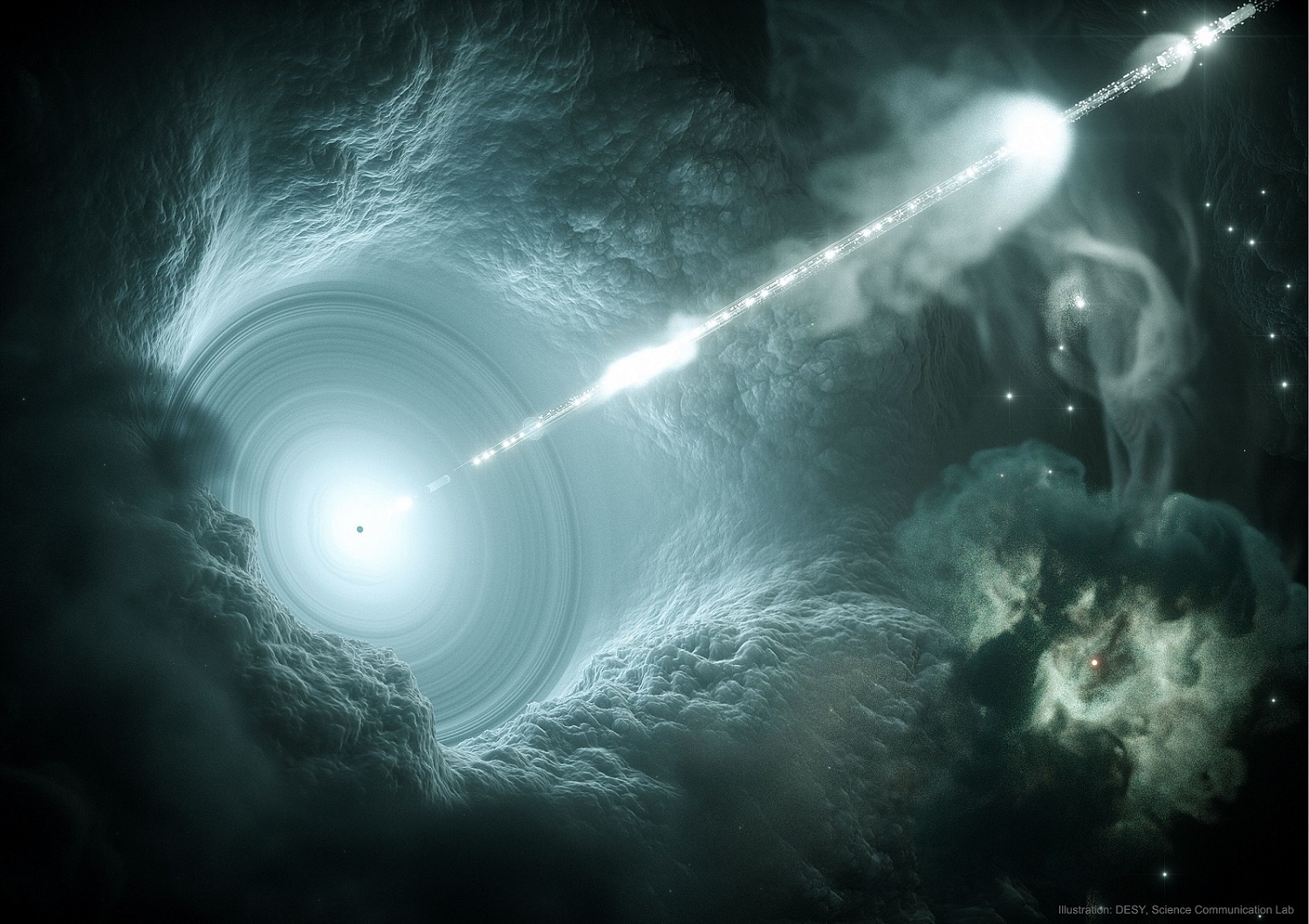
A new simulation has provided new insight into how supermassive black holes grow by feeding off of cosmic gas captured by the gravitational force of their galaxies.
Continue reading
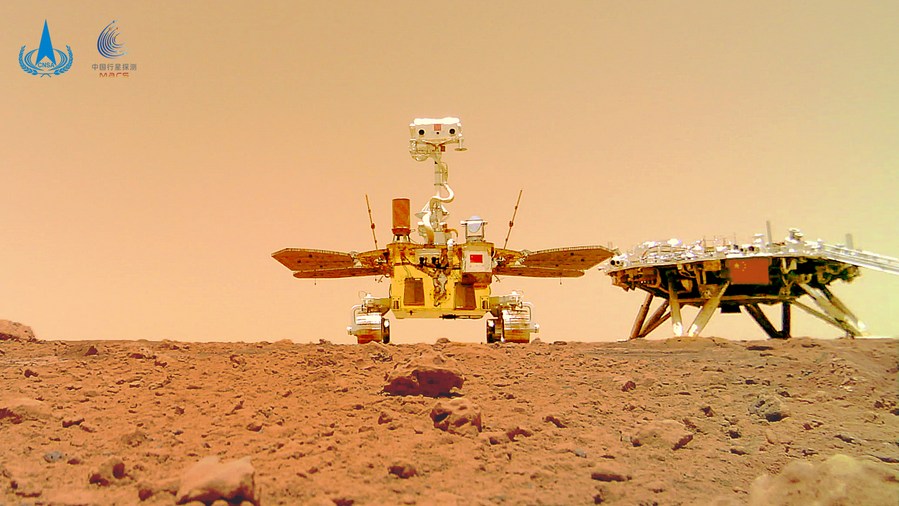
Continue reading
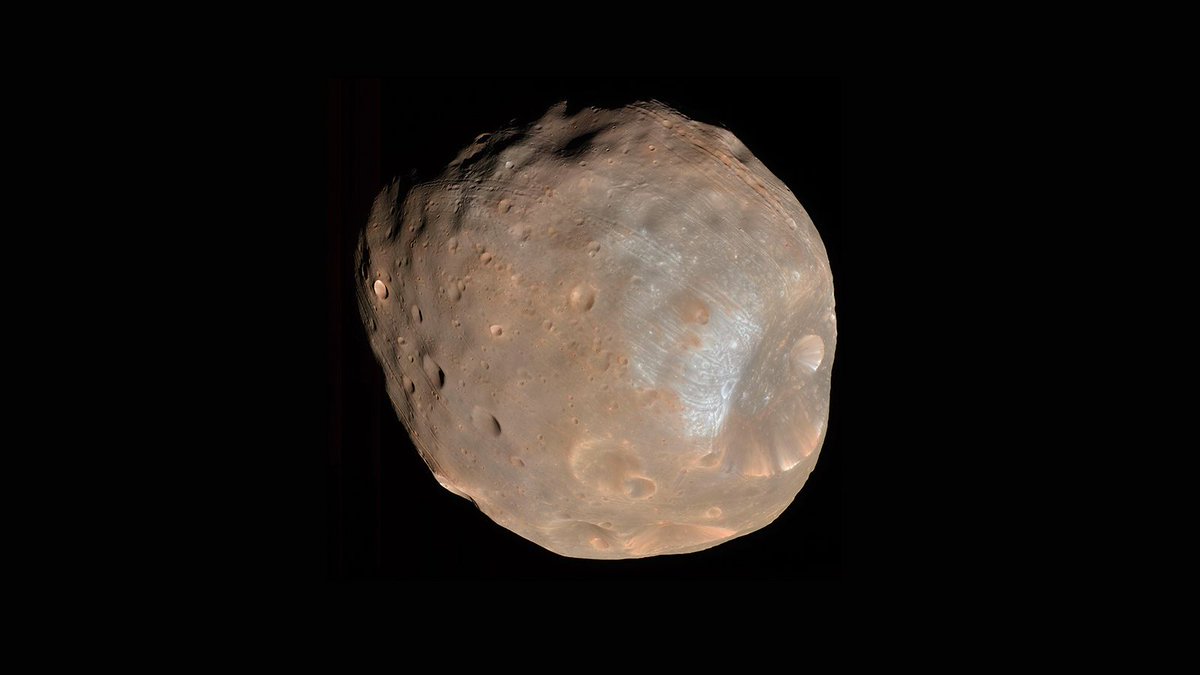
Continue reading
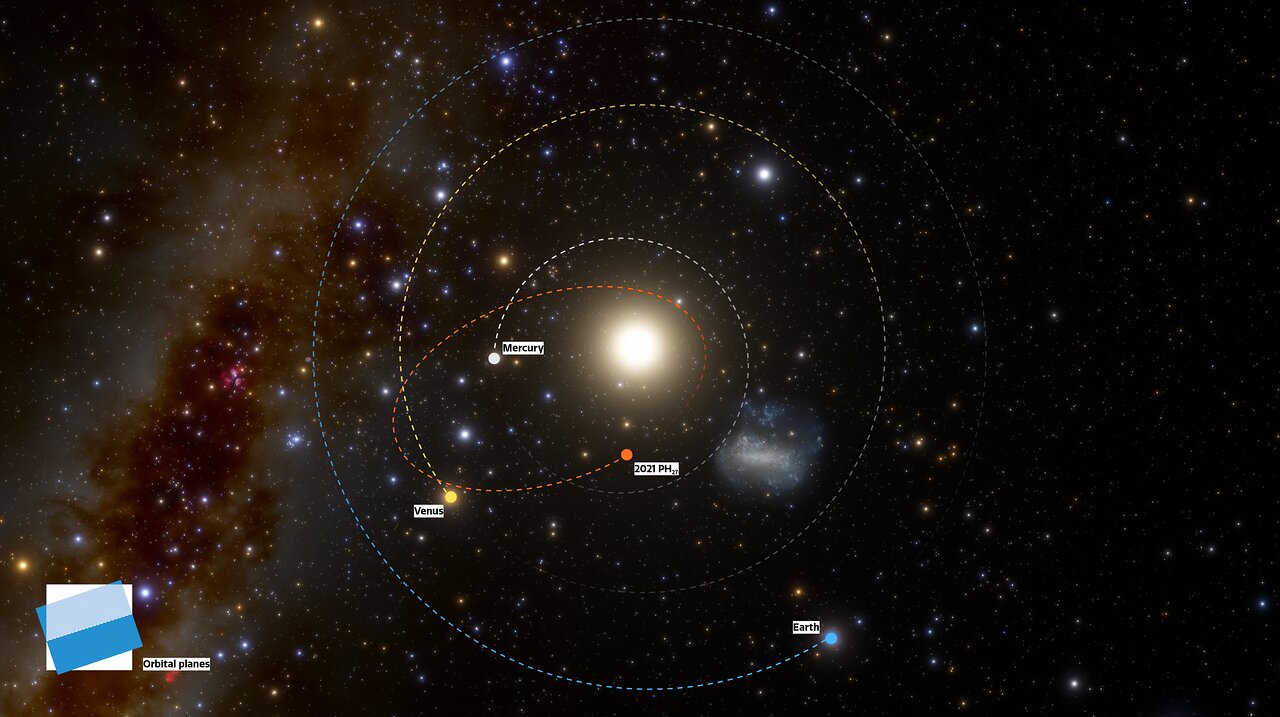
Continue reading
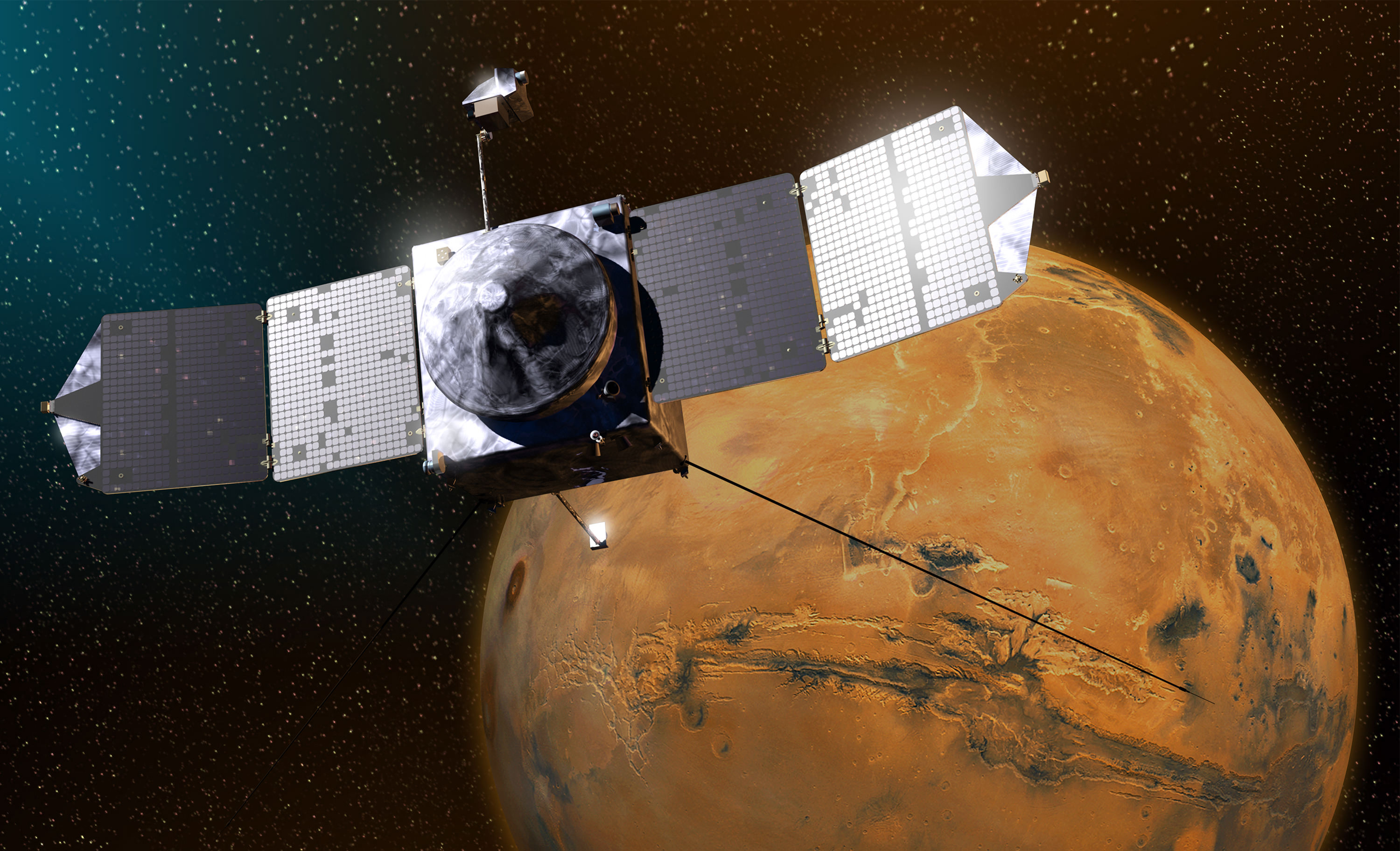
Combining data from three Mars orbiter missions, a team of scientists have found undeniably proof that regional dust storms are contributing to water loss on Mars.
Continue reading
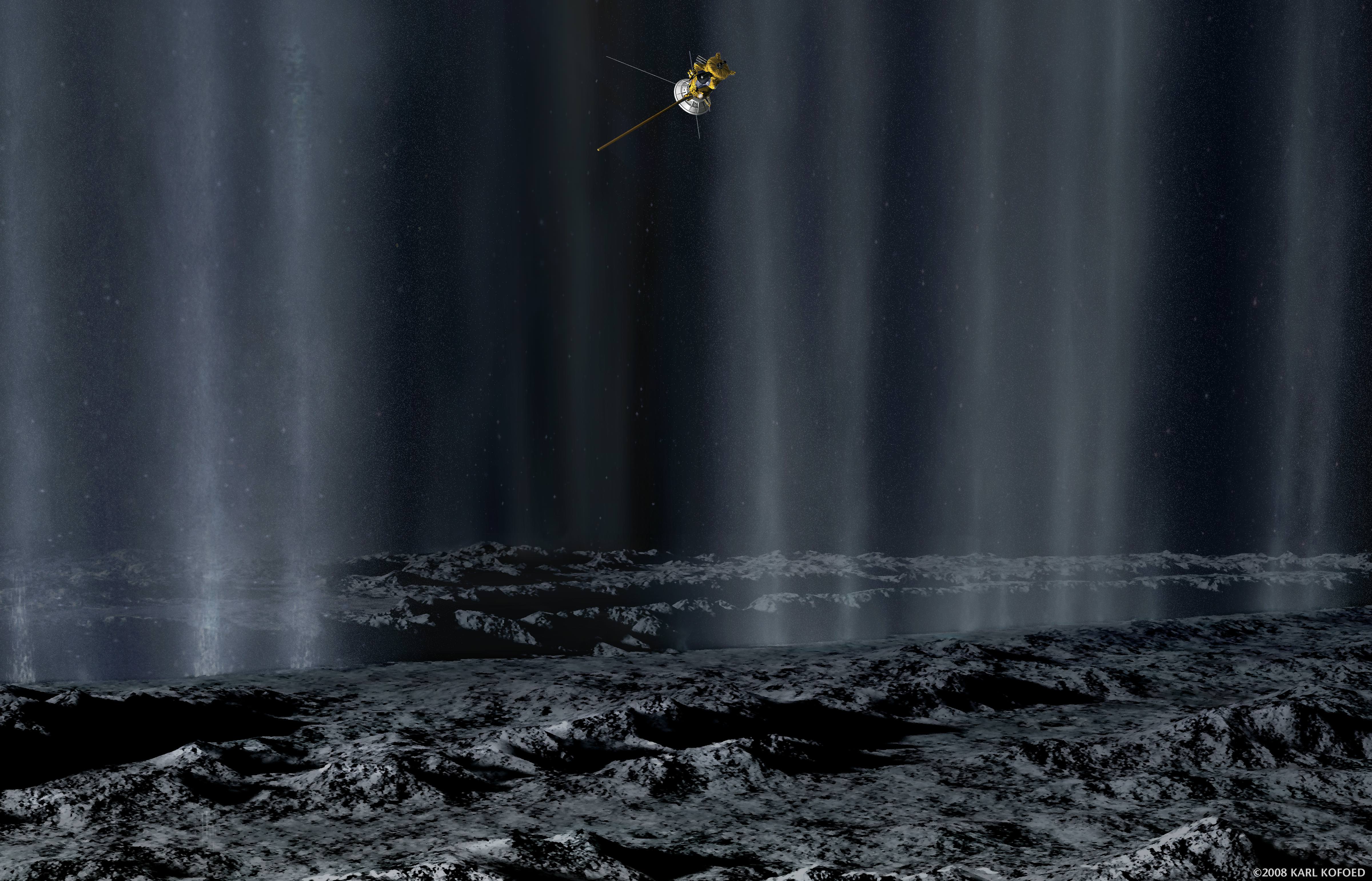
Continue reading
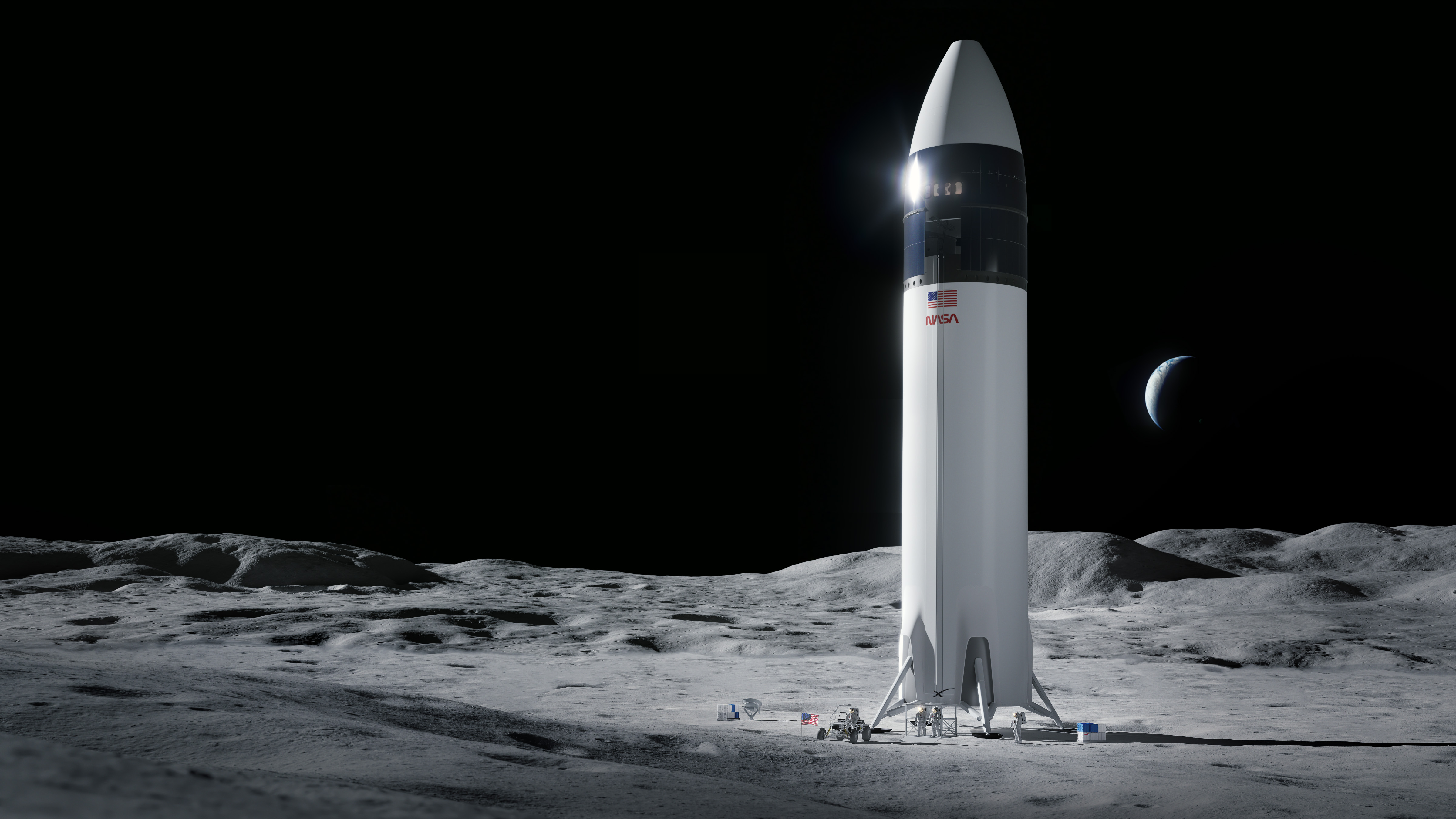
Continue reading
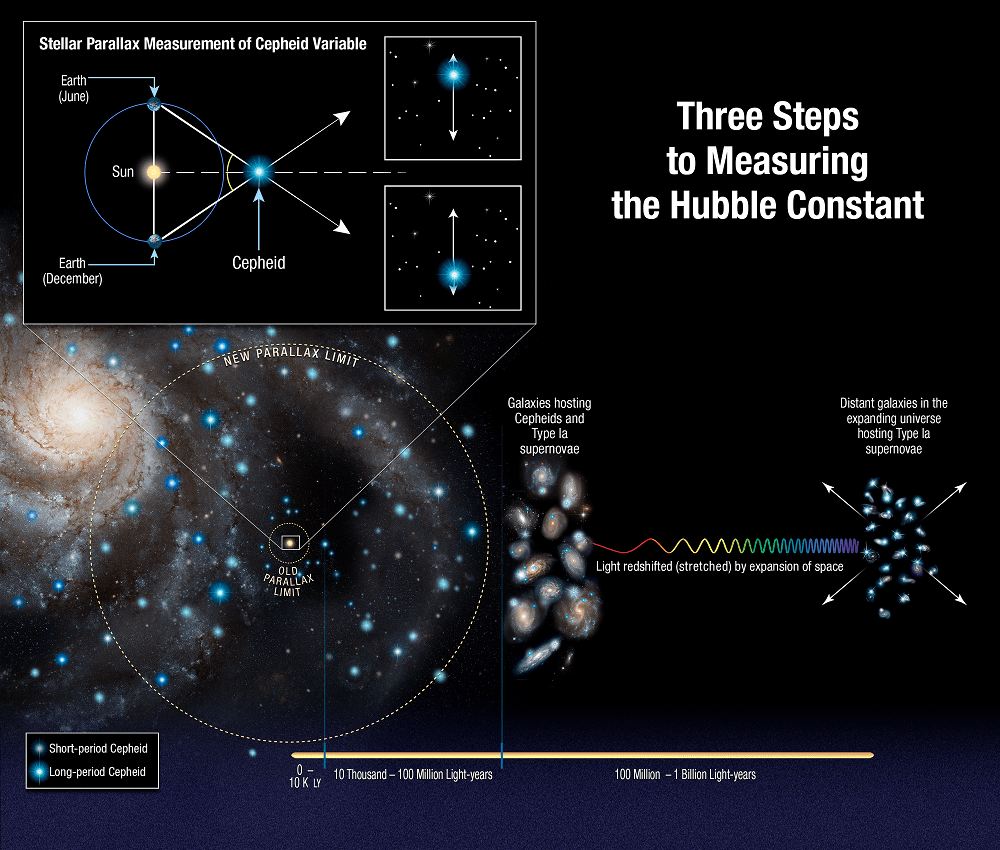
Continue reading
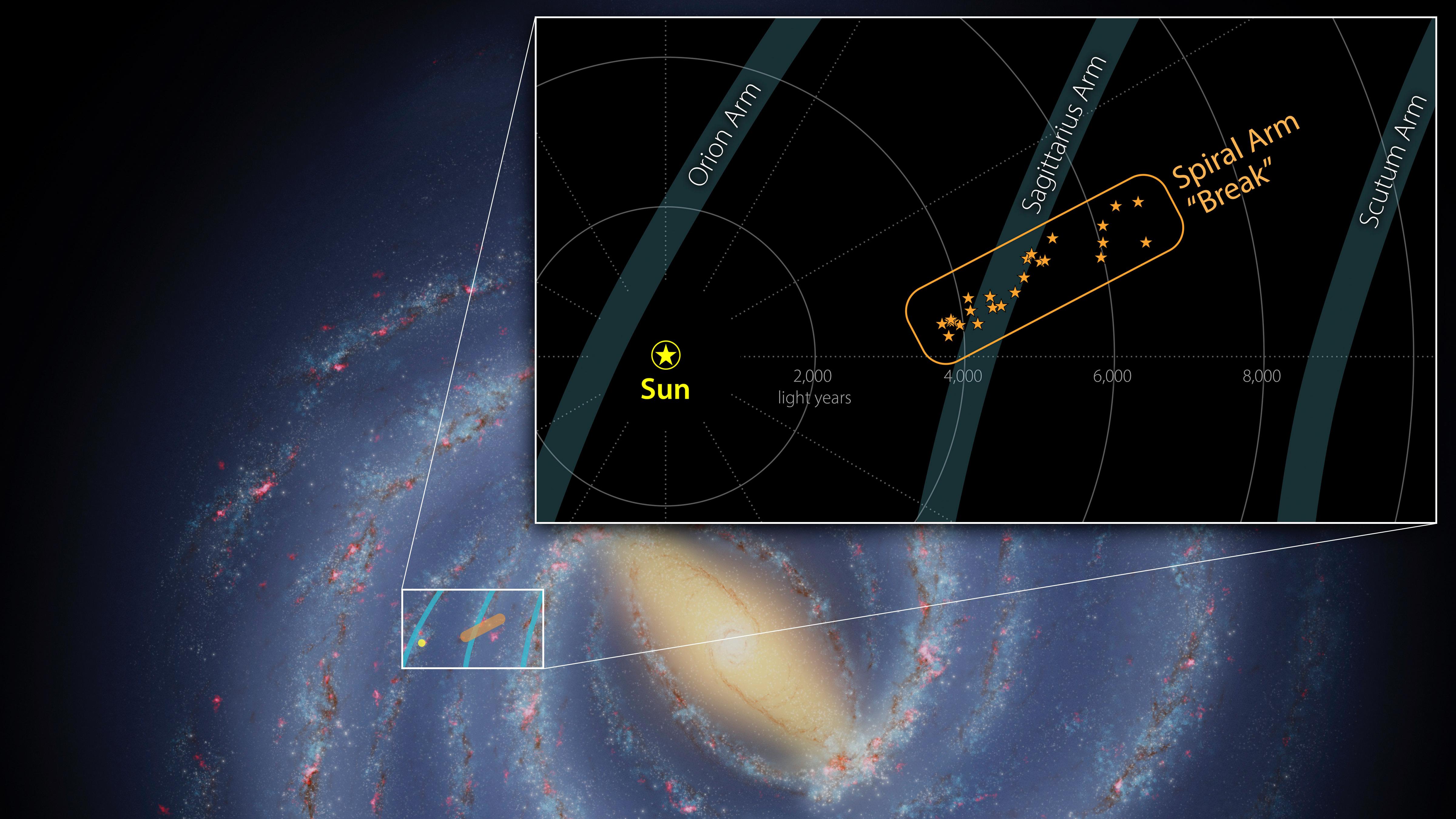
Continue reading
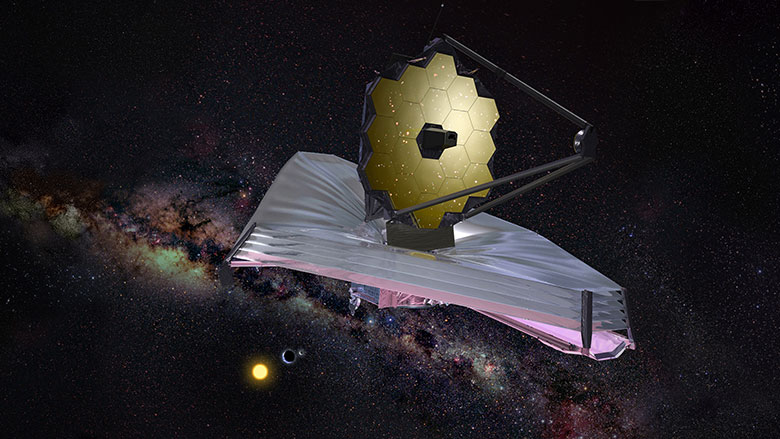
The rocket that will carry the James Webb Space Telescope to space later this year is on its way to the launch site!
Continue reading

Continue reading
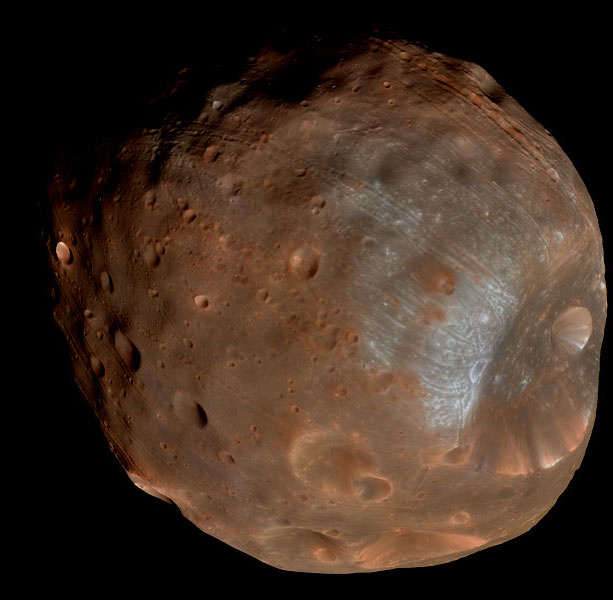
Continue reading
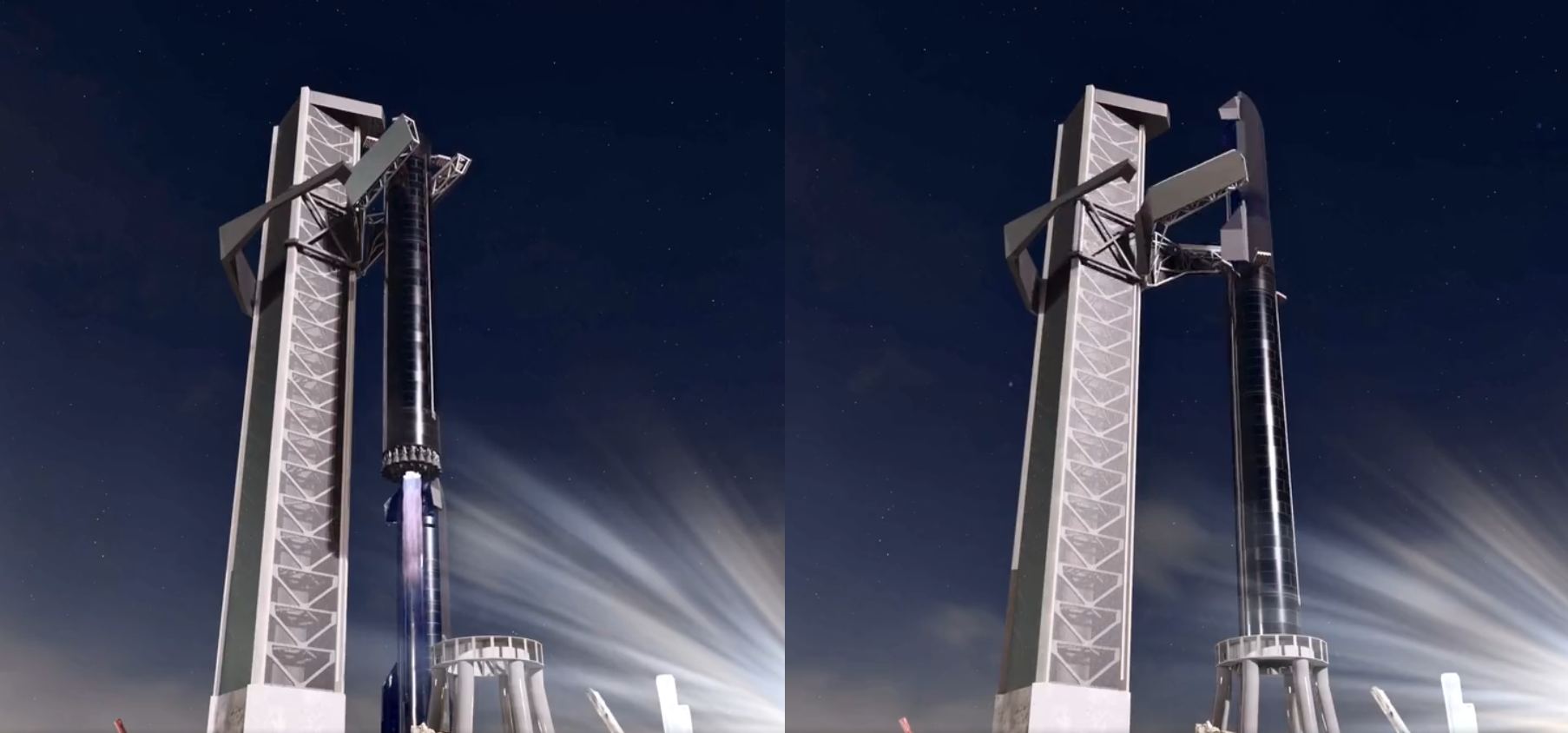
A new animation shows how SpaceX's "Mechazilla" tower will be able to catch Super Heavy boosters and stack Starships onto them with less than an hour of turnaround time.
Continue reading
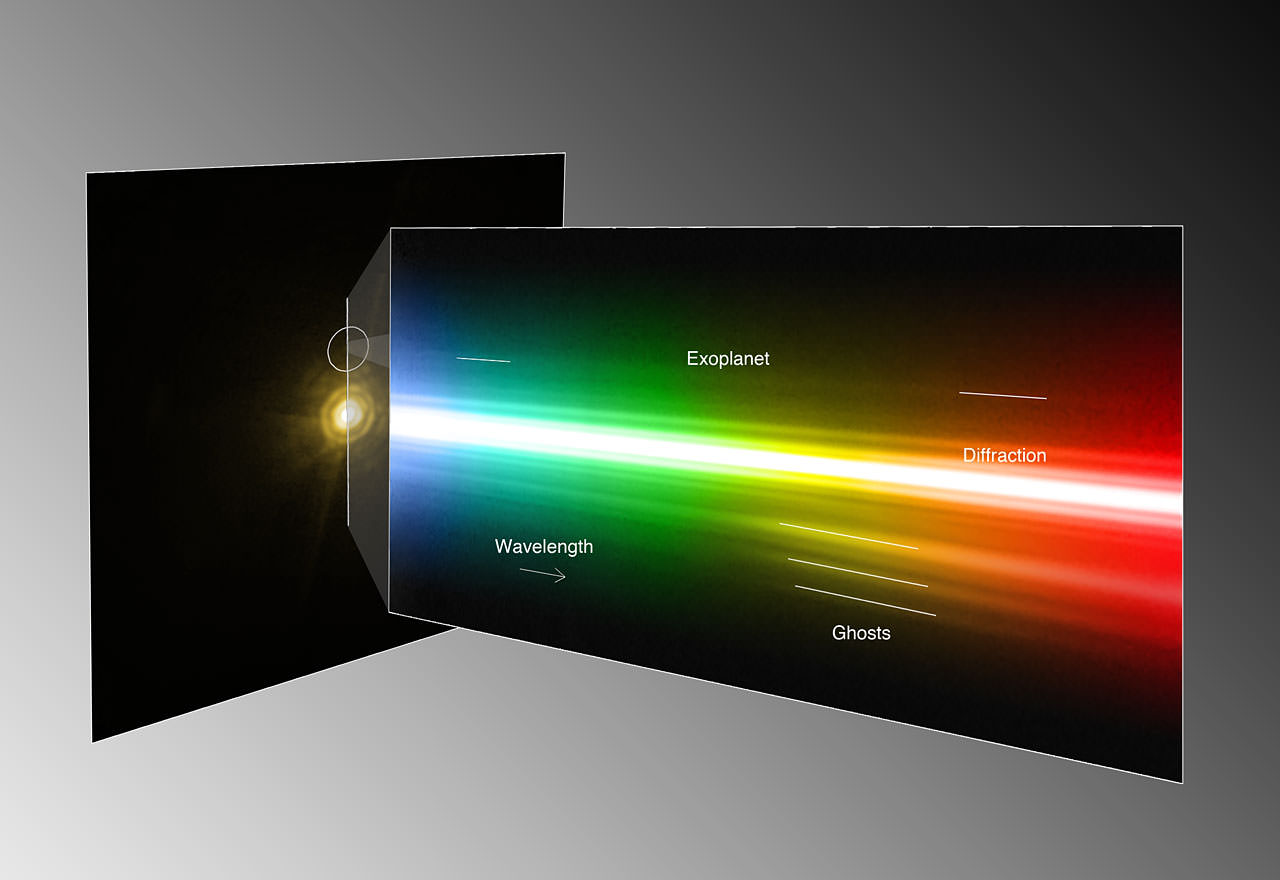
Continue reading
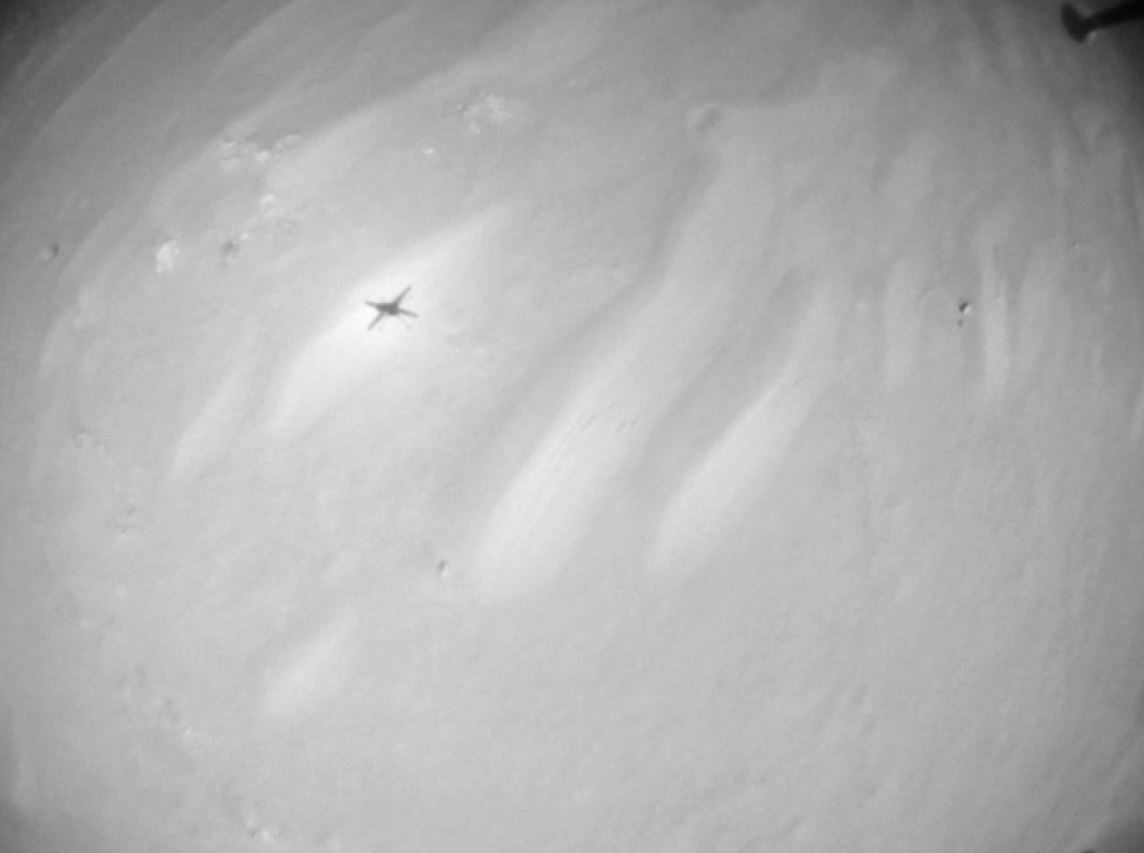
Continue reading

Continue reading
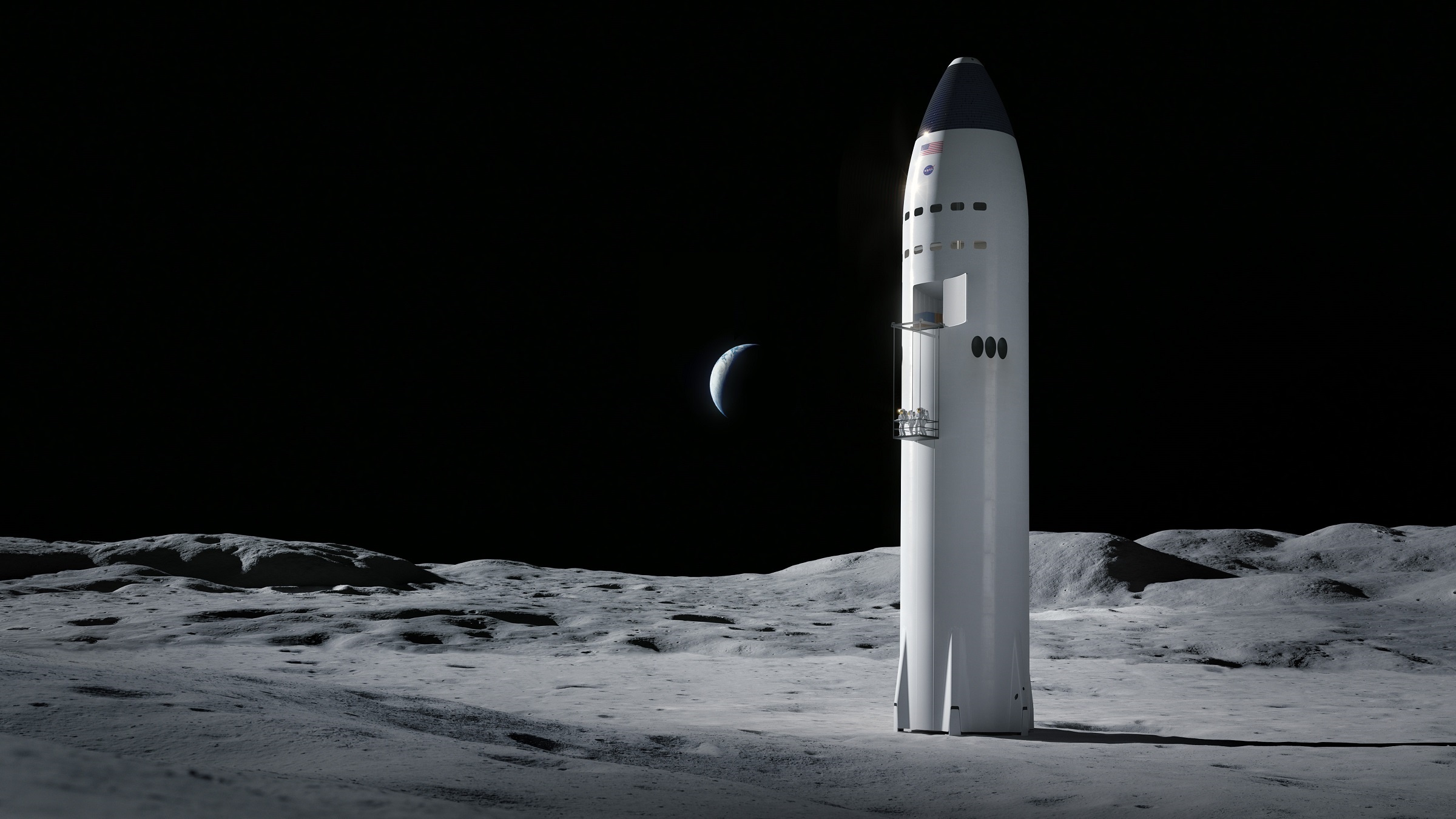
Bezos is still fighting for the HLS contract by claiming the Starship will require too many refueling missions, prompting Musk to respond.
Continue reading
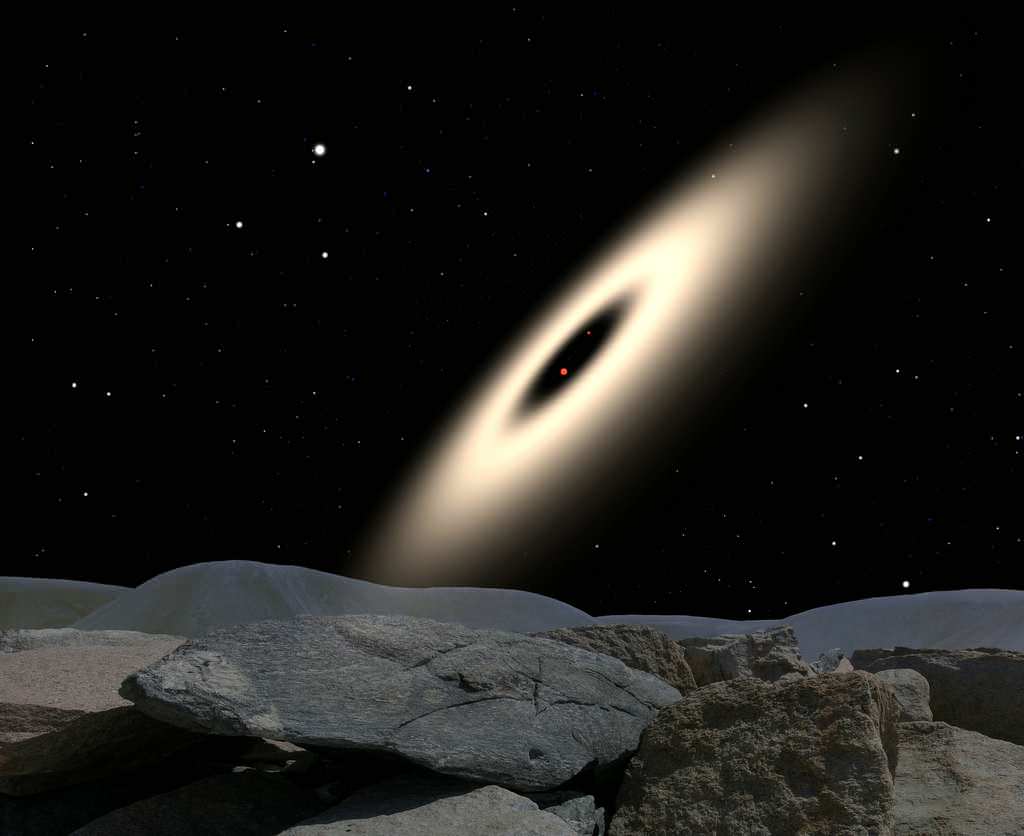
Astronomers can determine the size of a black hole by the way it consumes nearby matter.
Continue reading

Continue reading
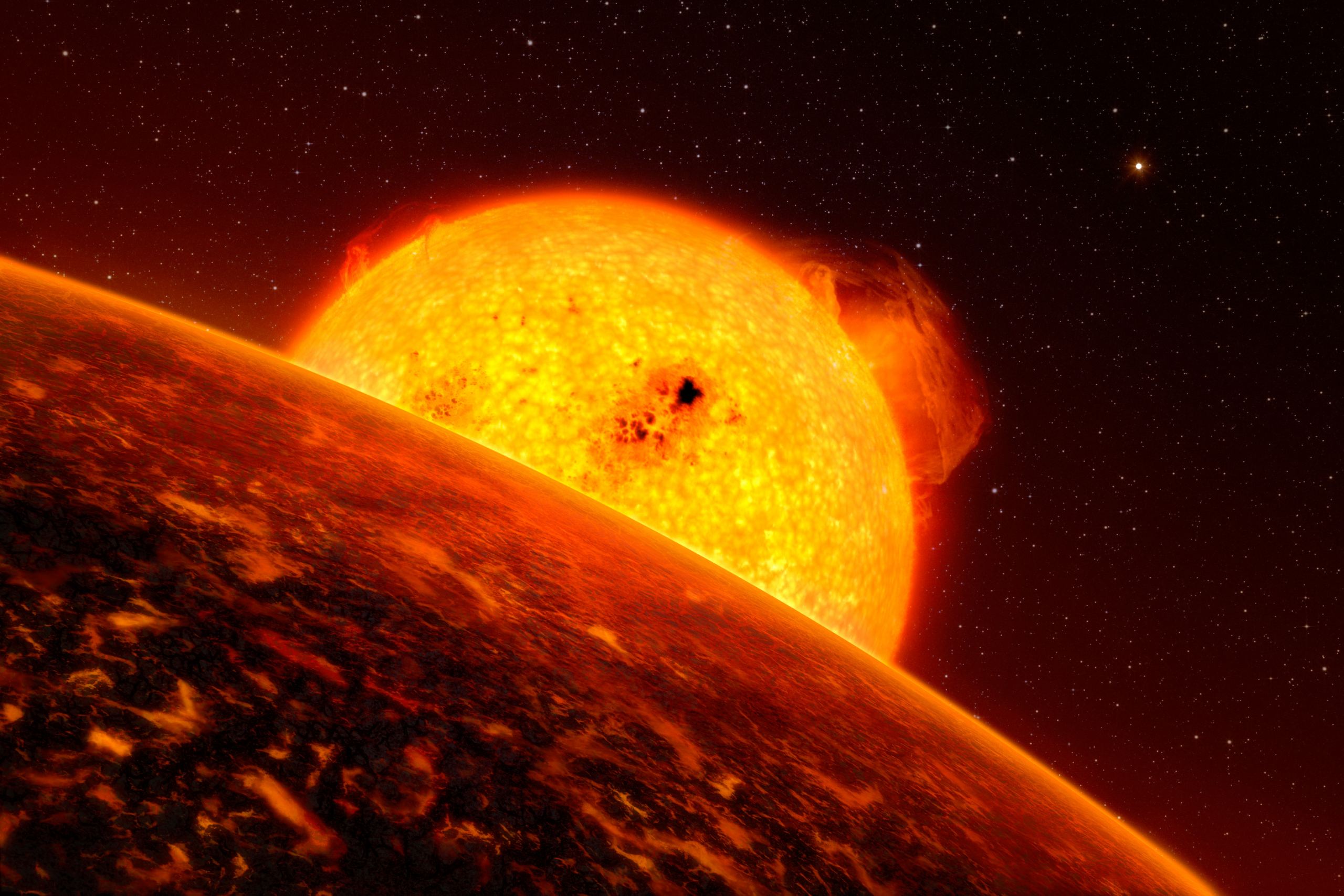
Continue reading

Continue reading
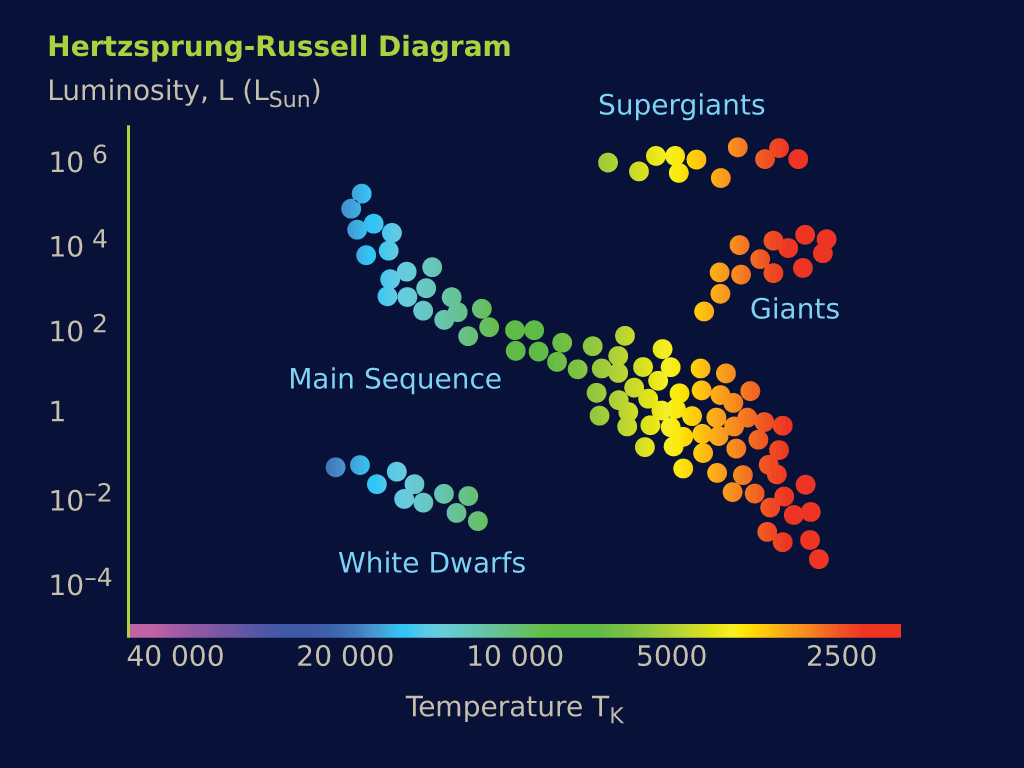
Continue reading


















































